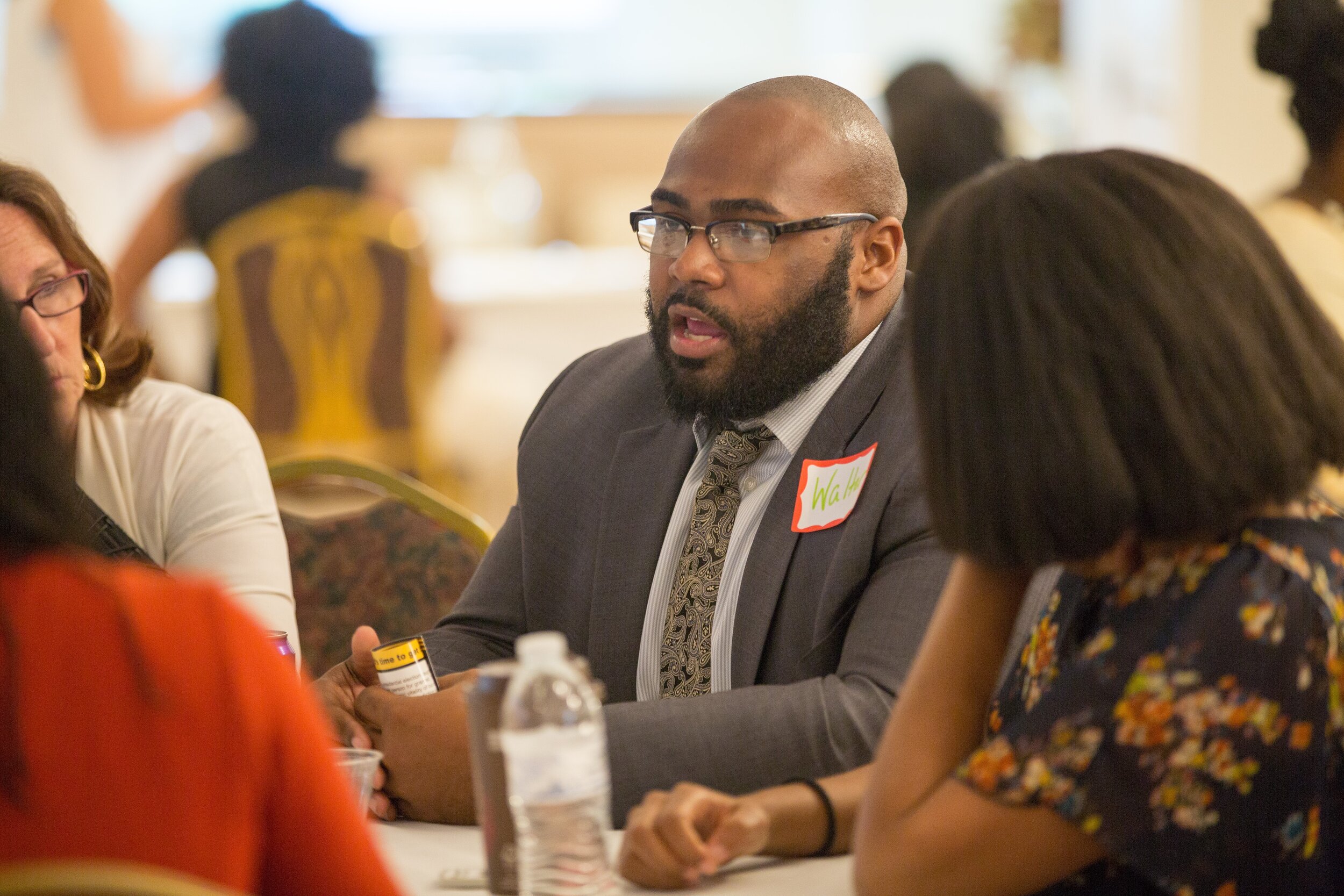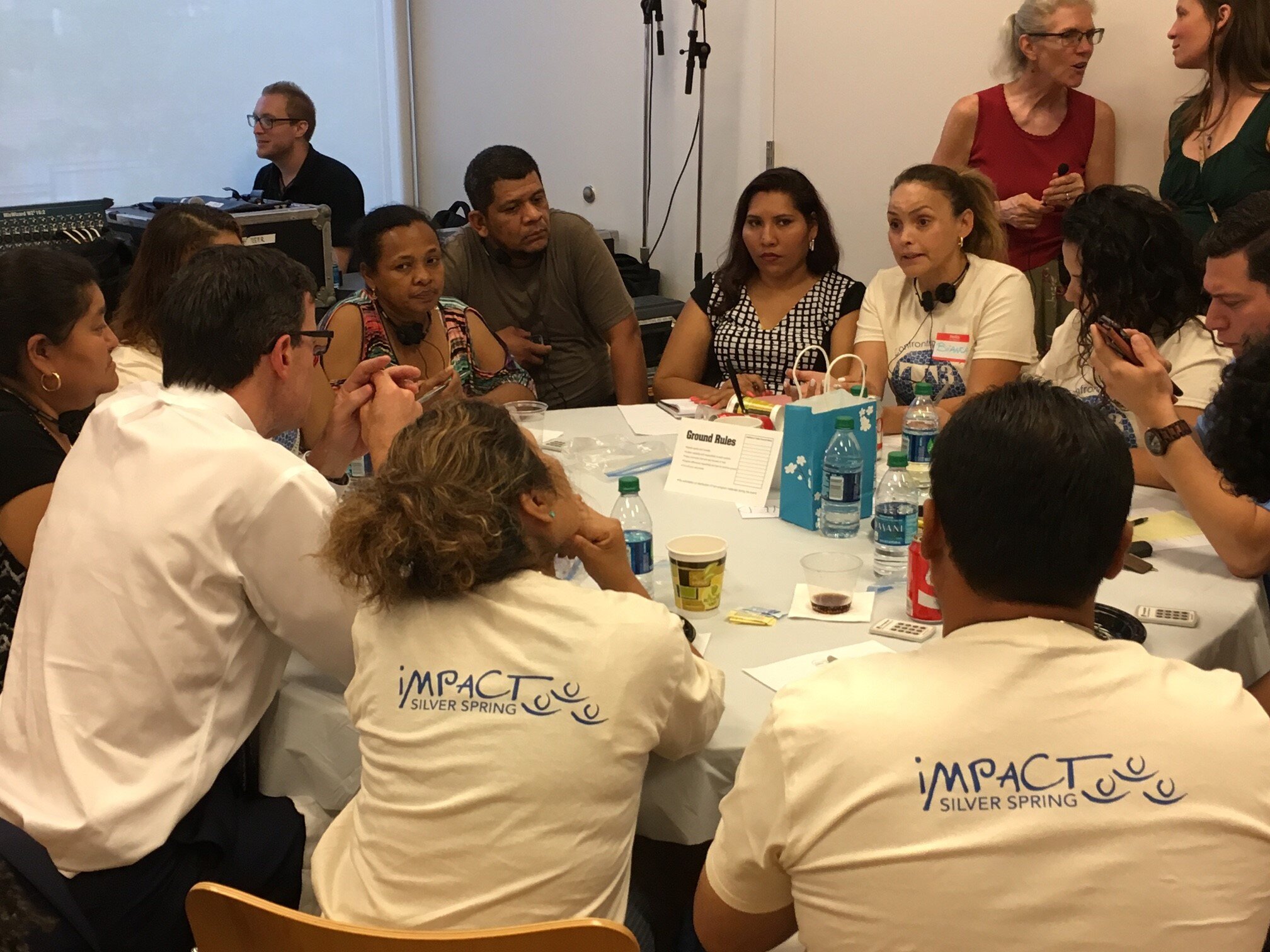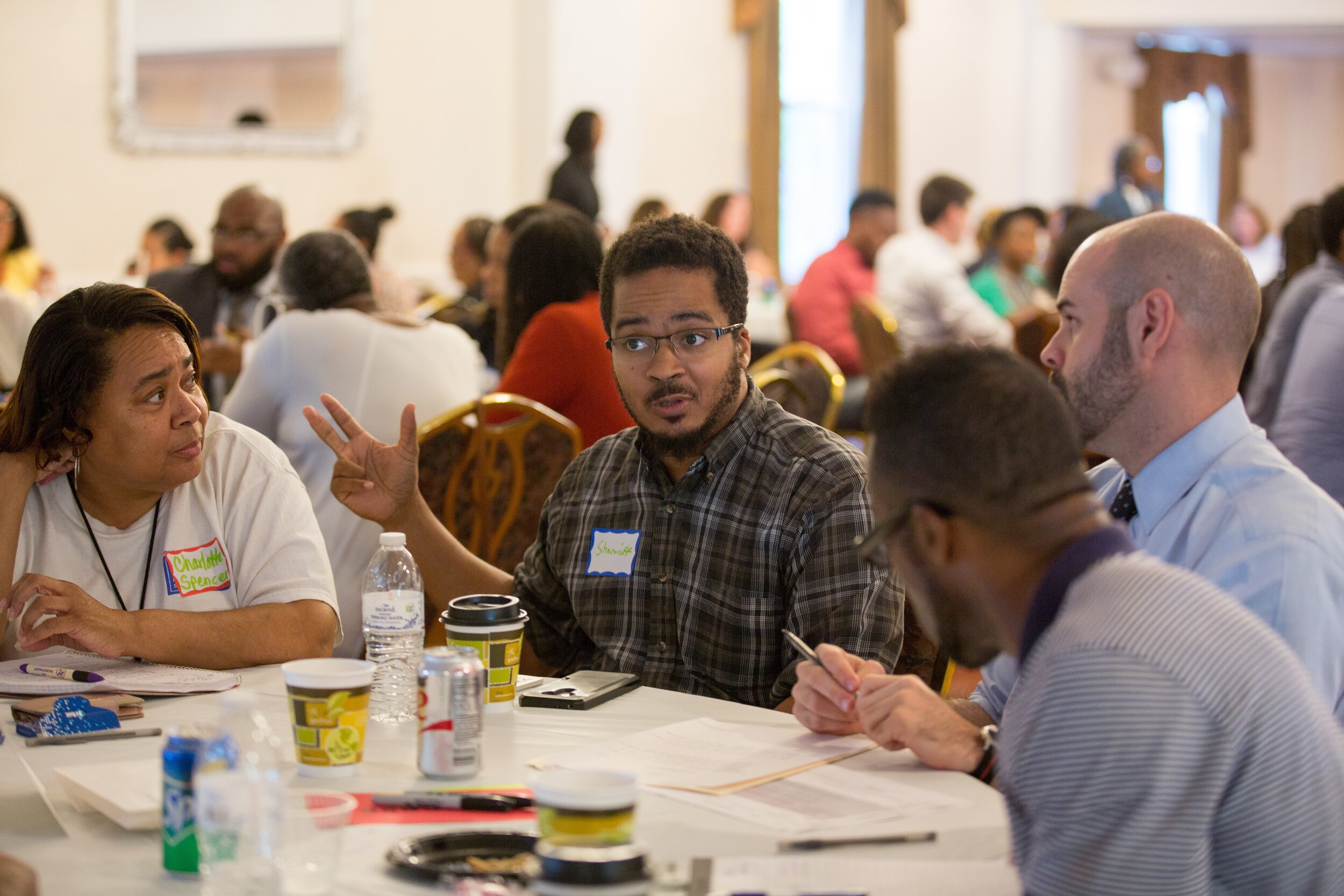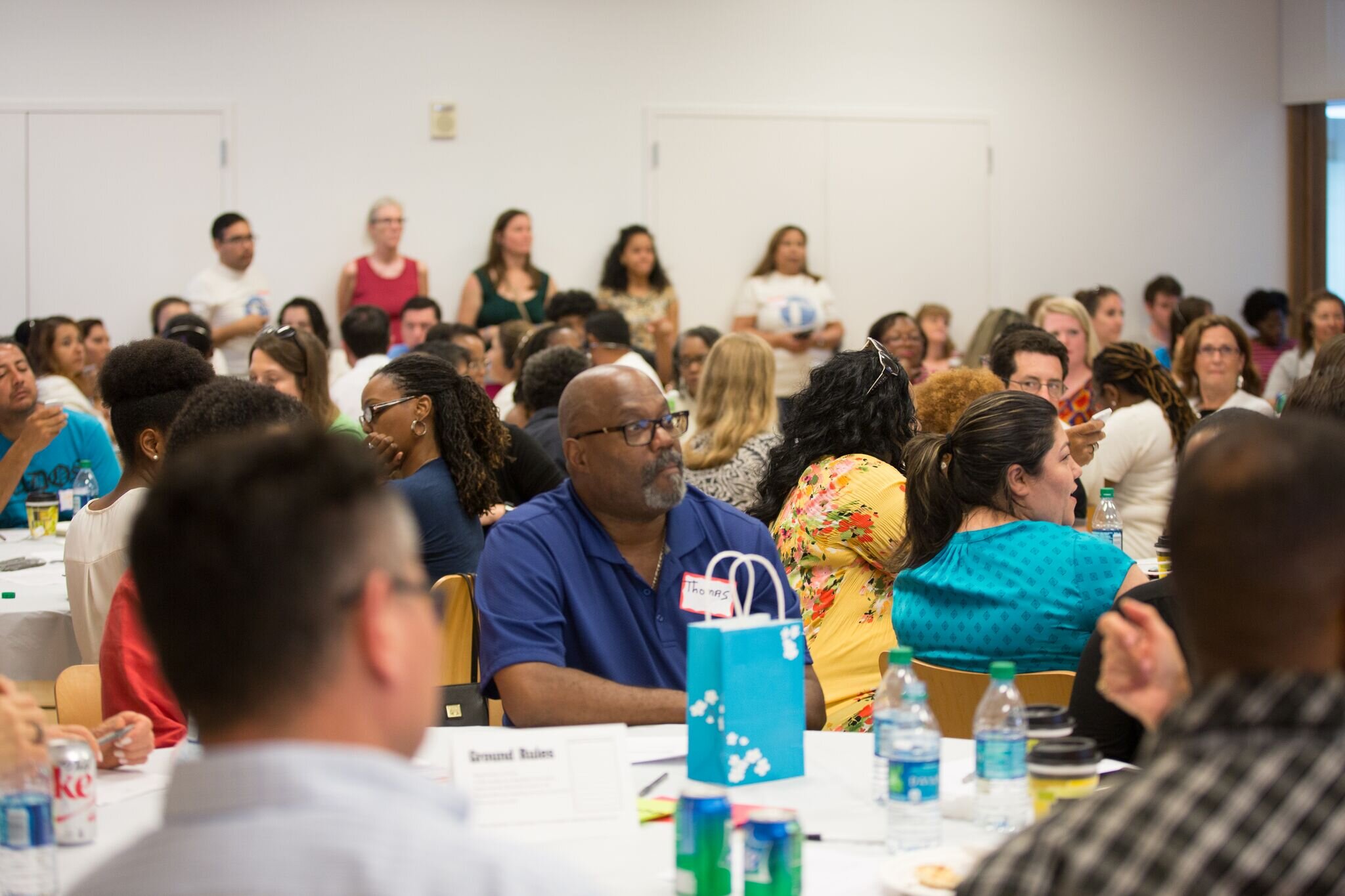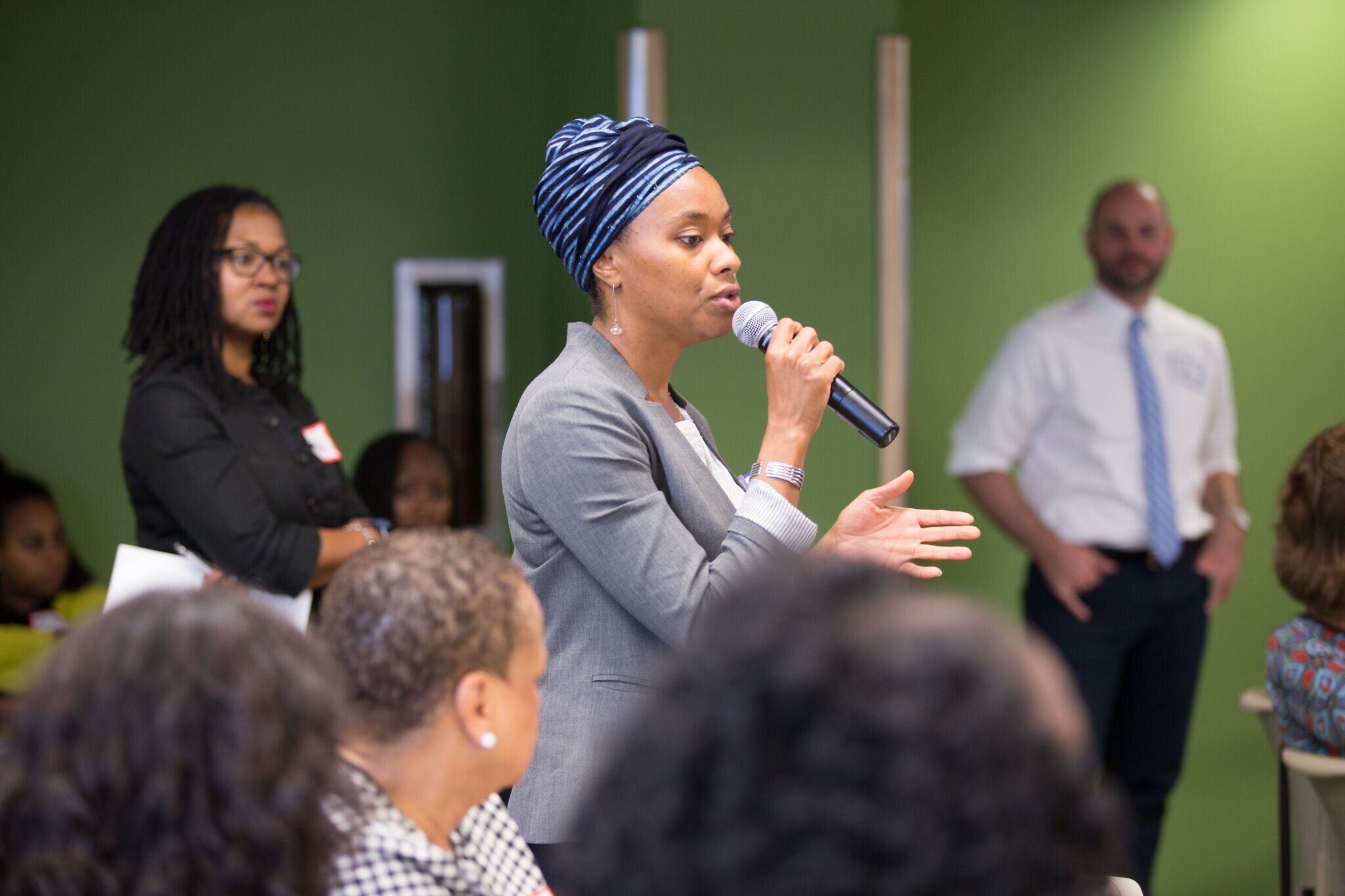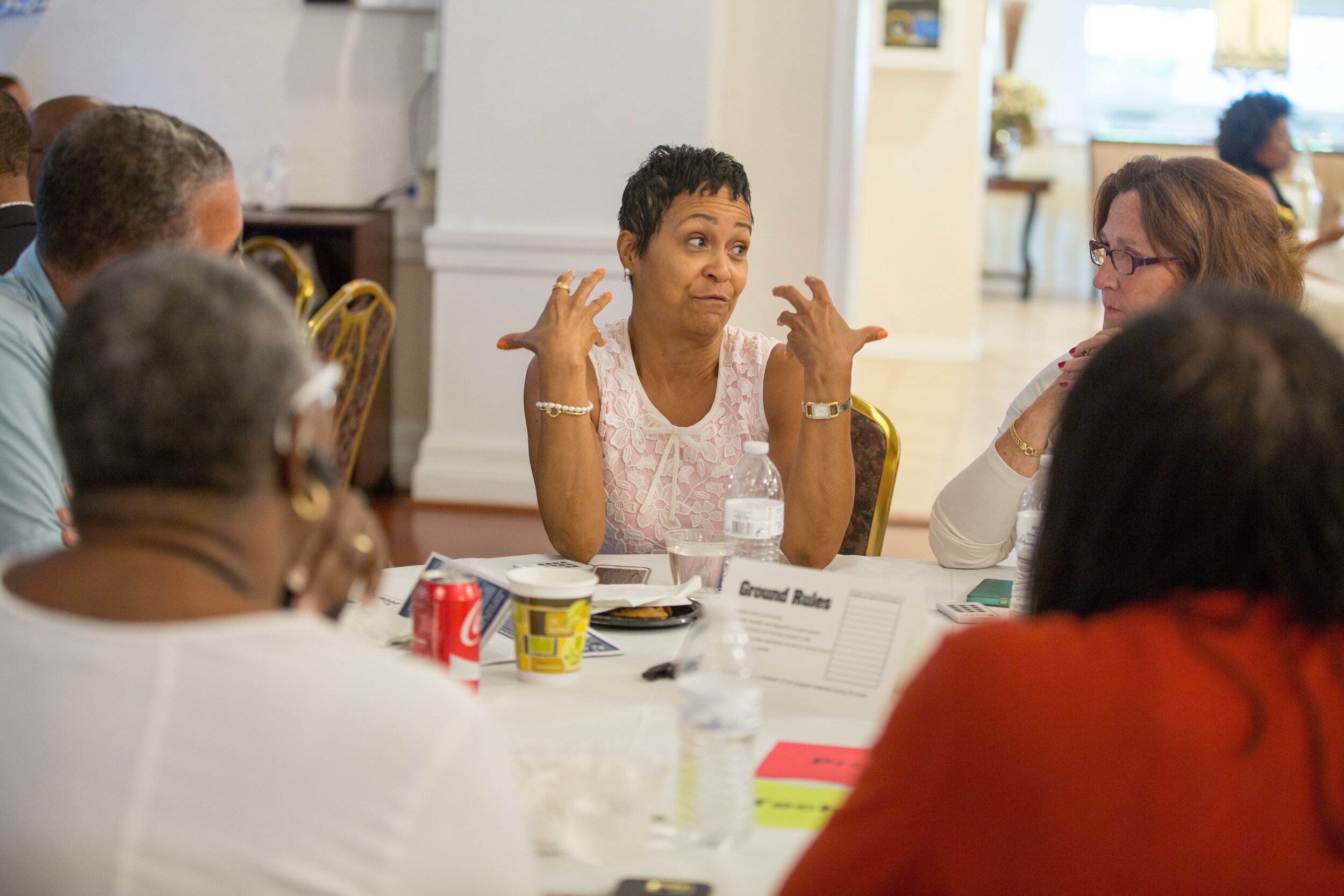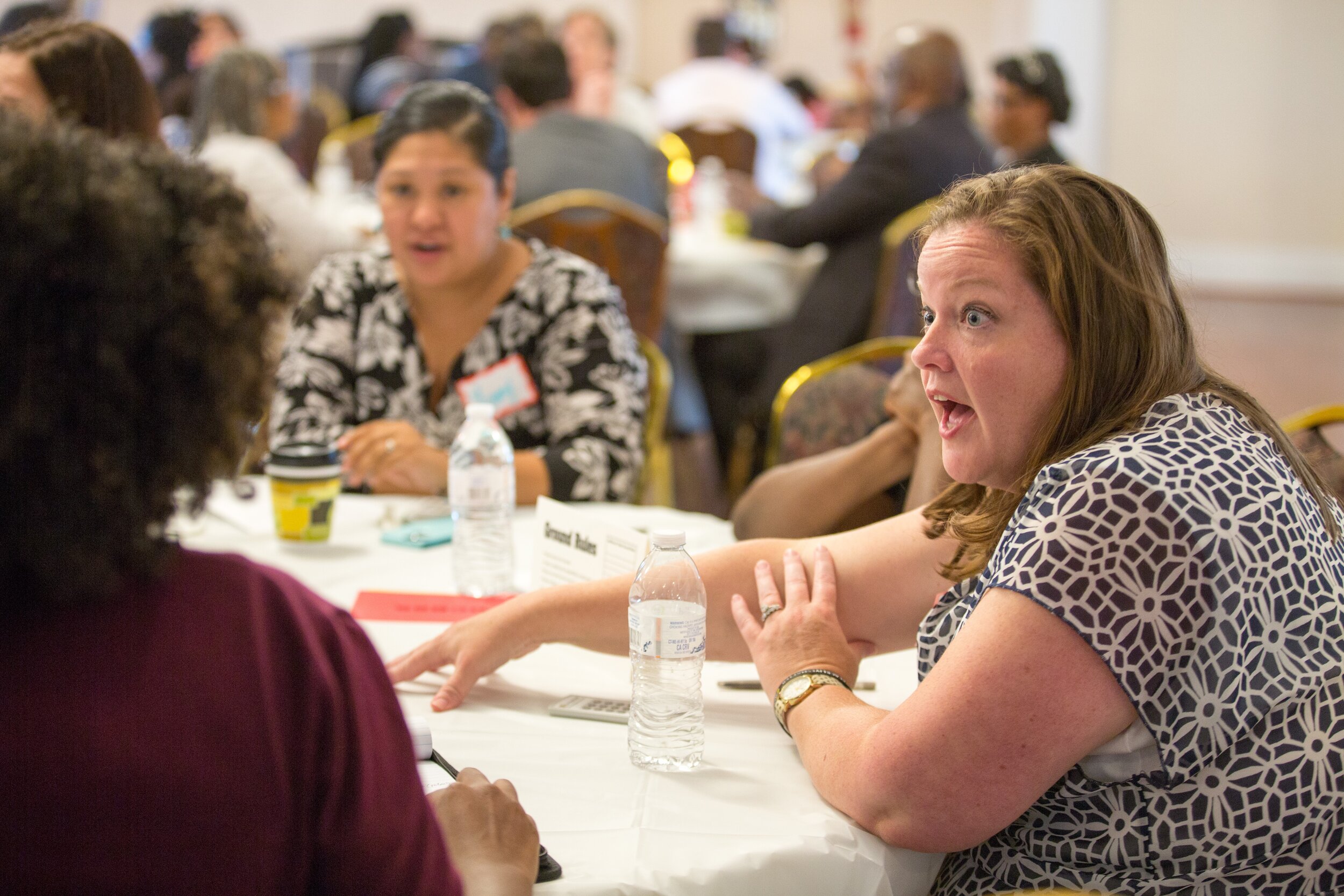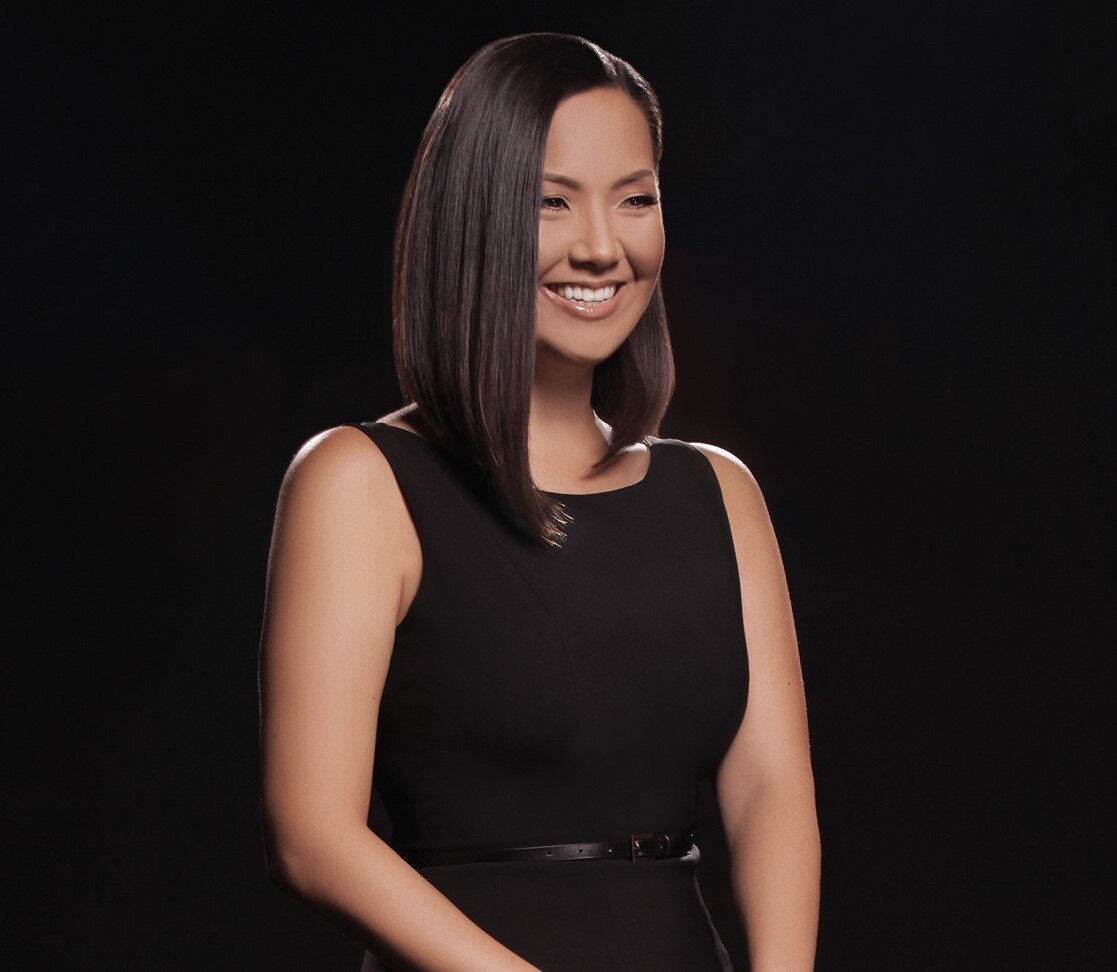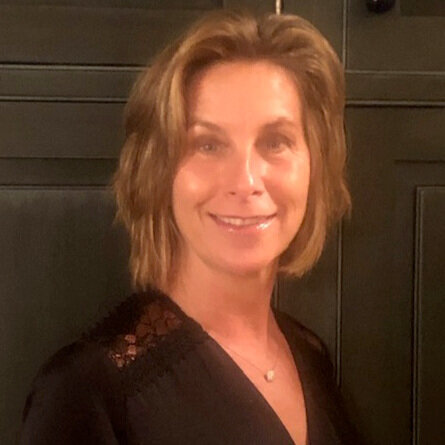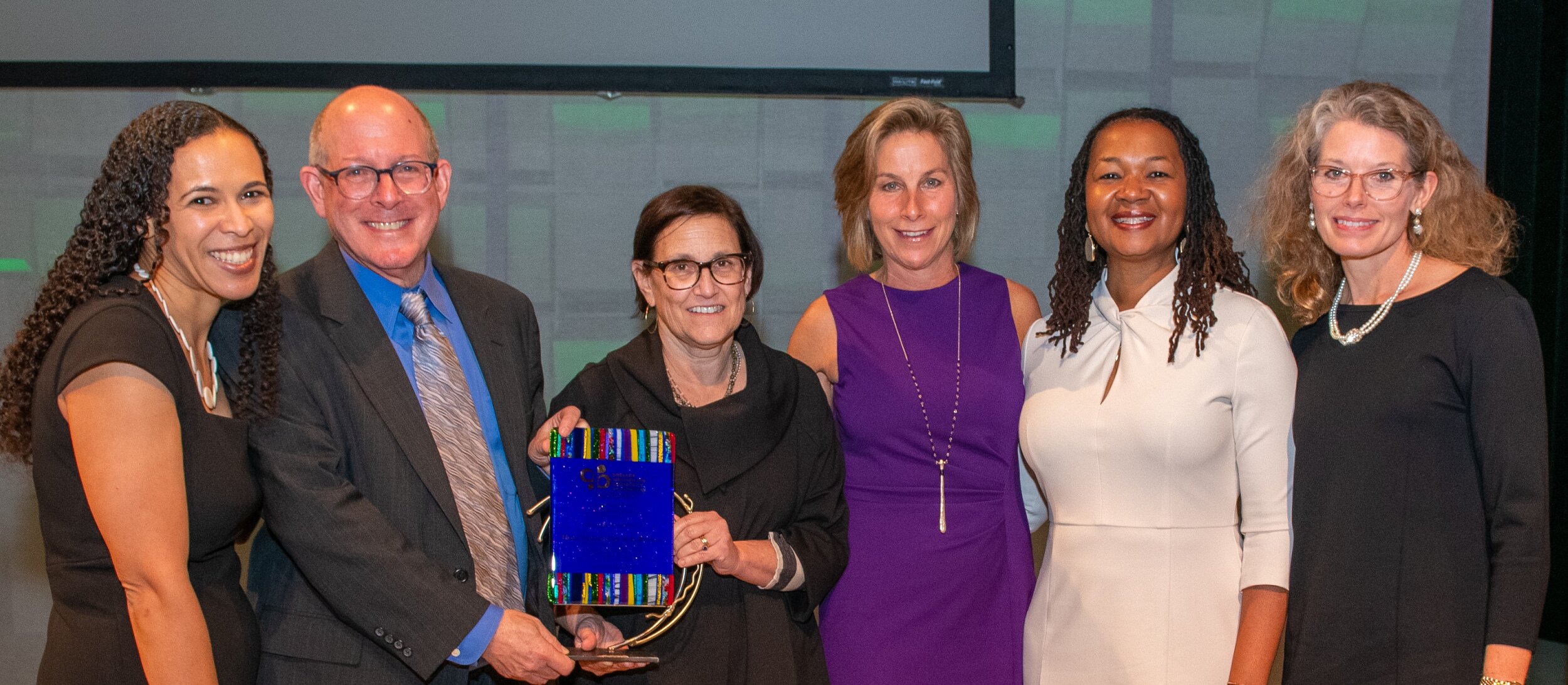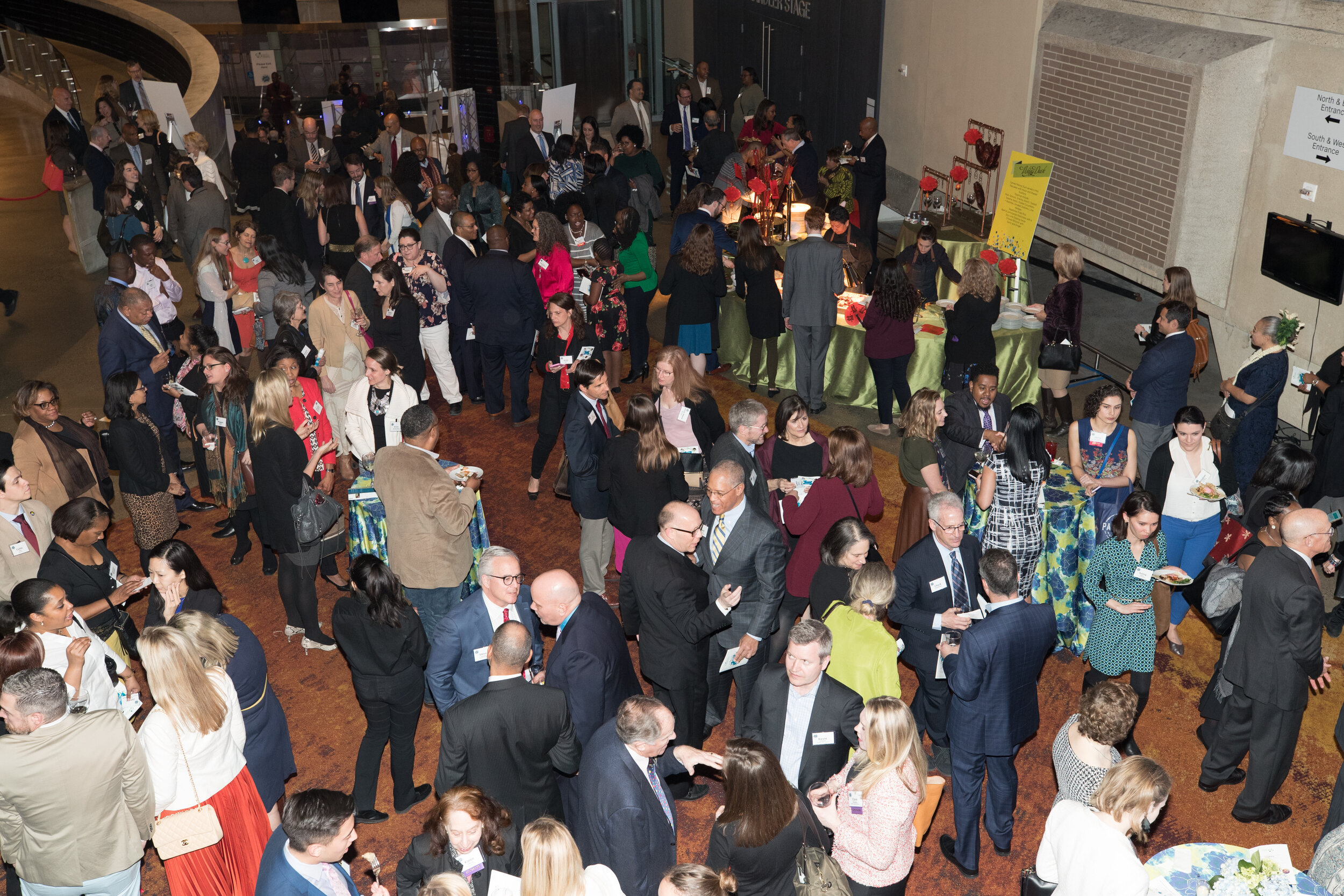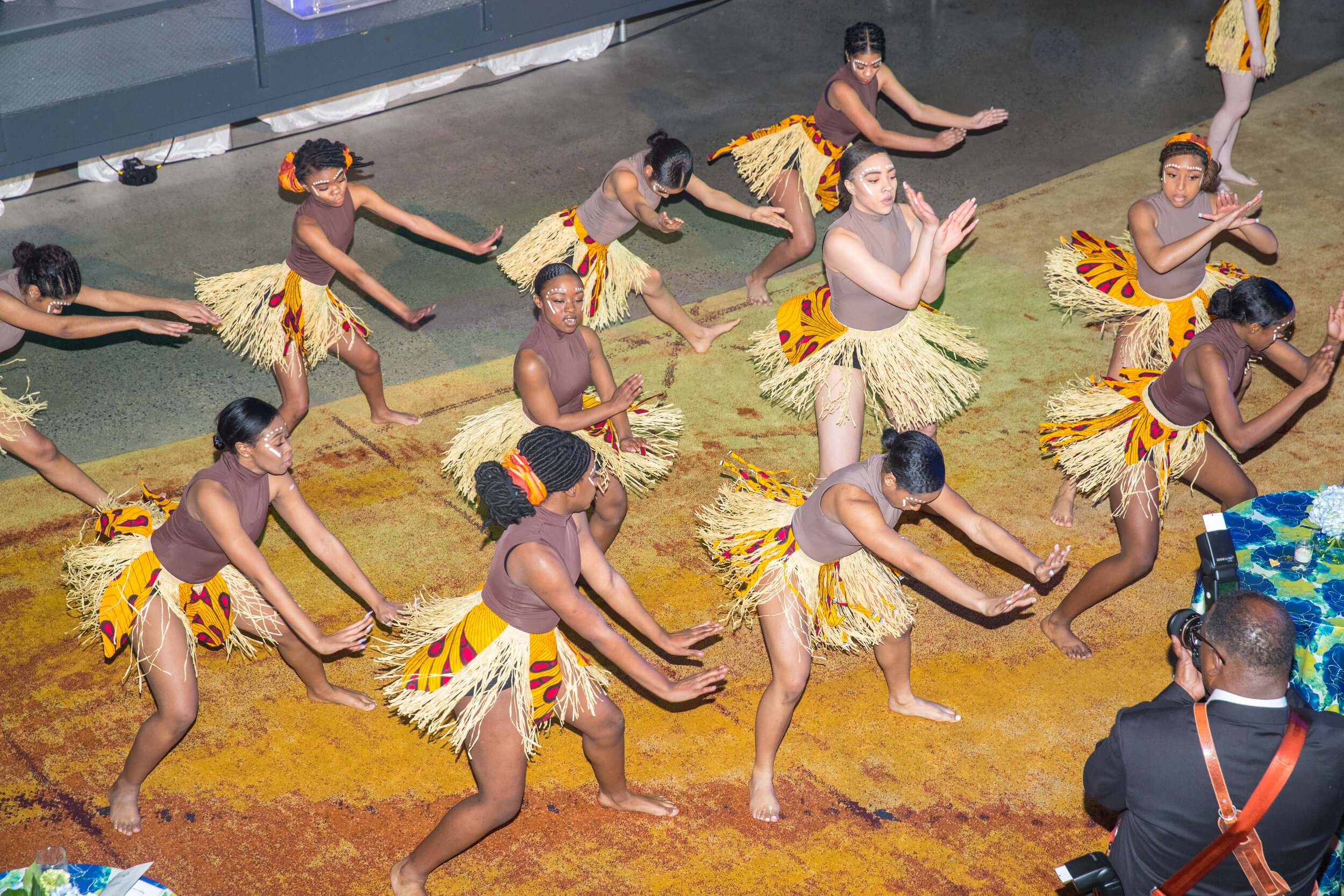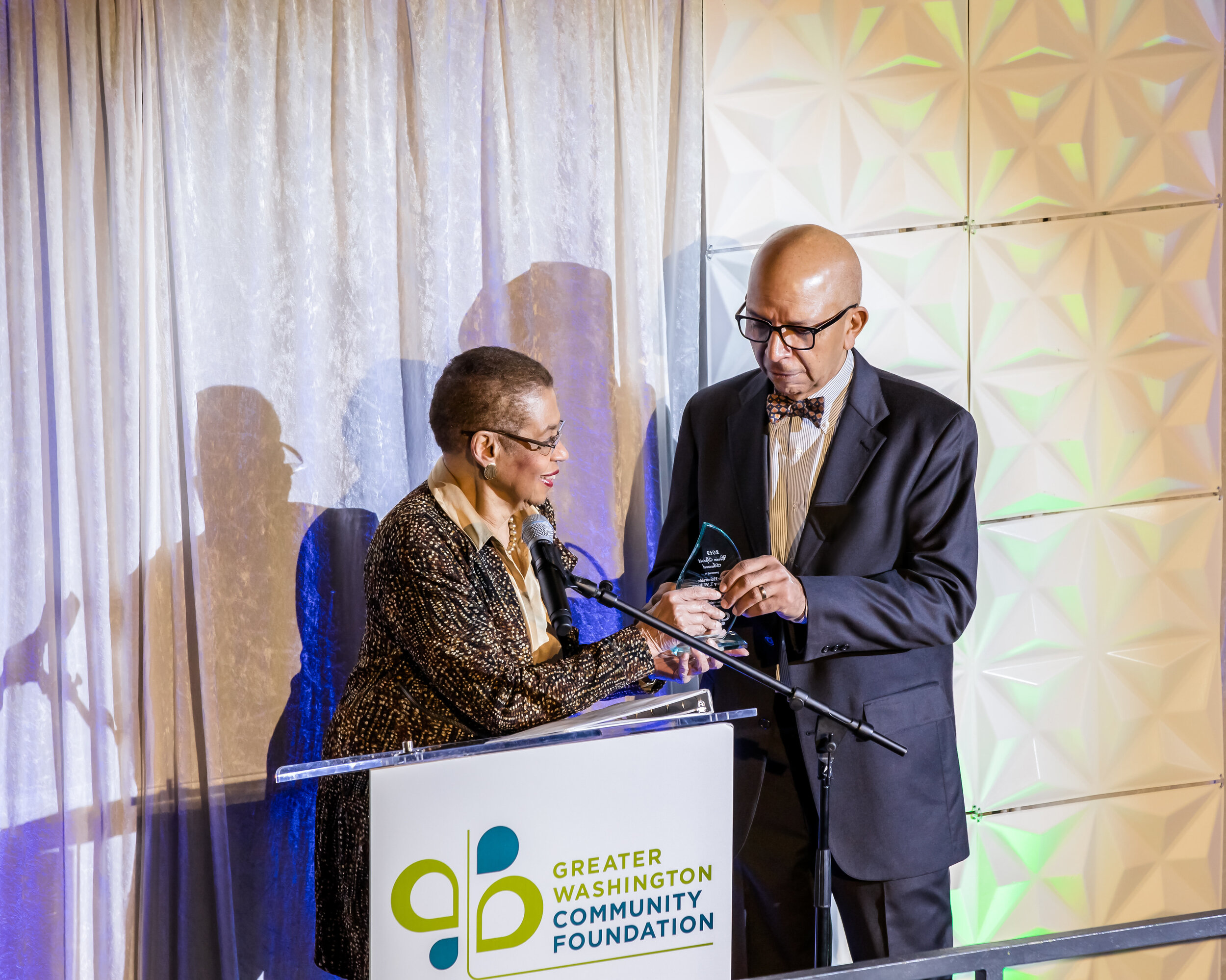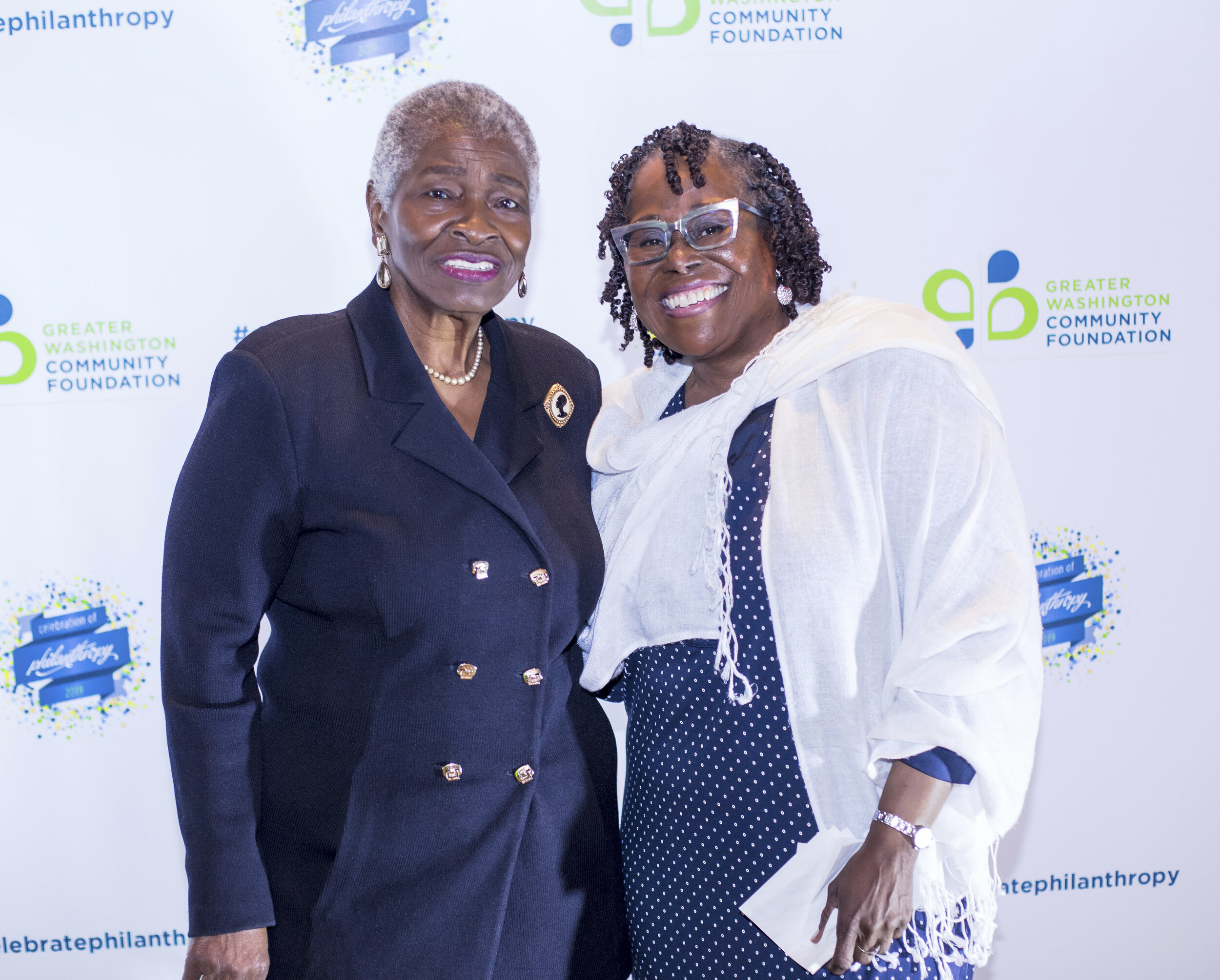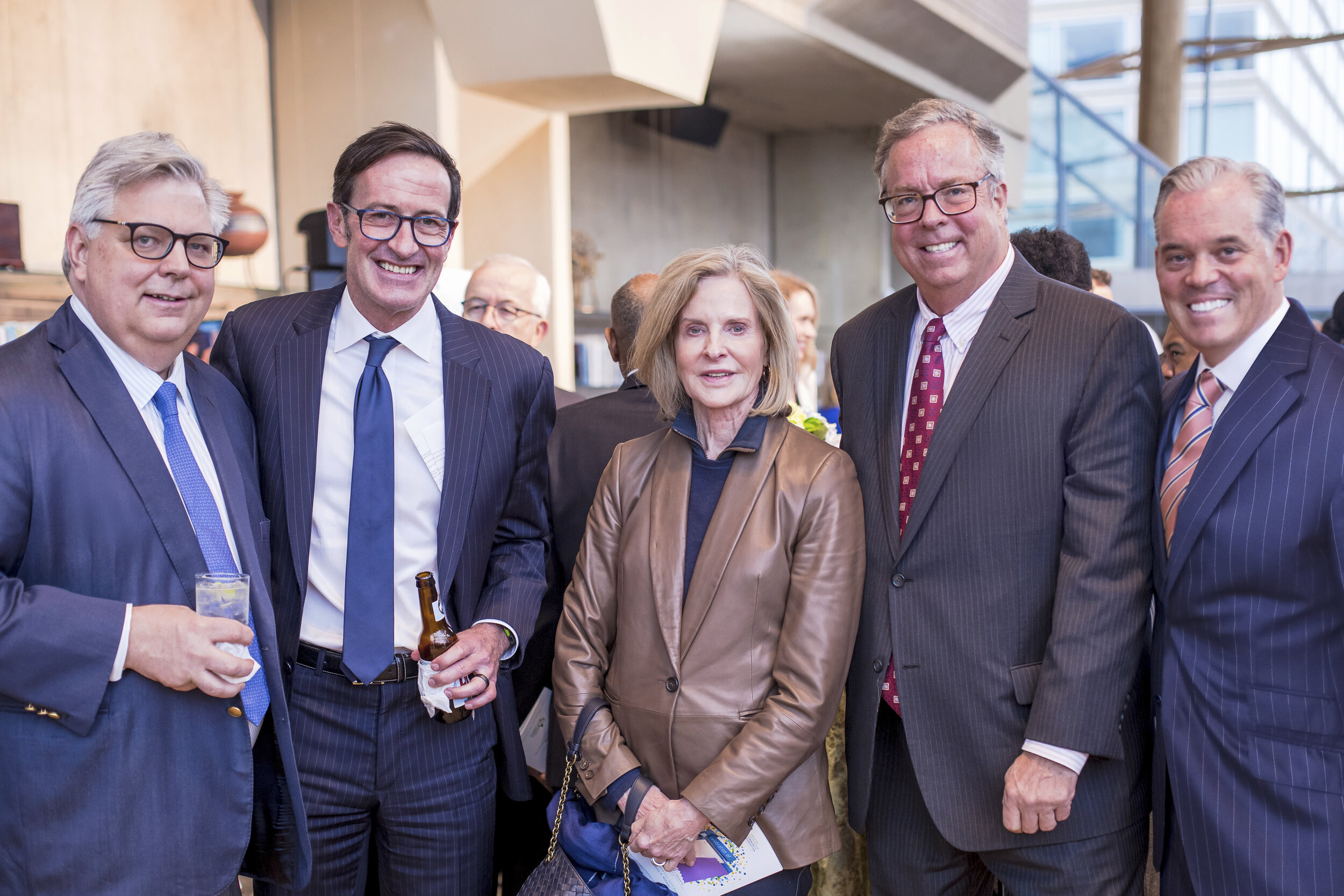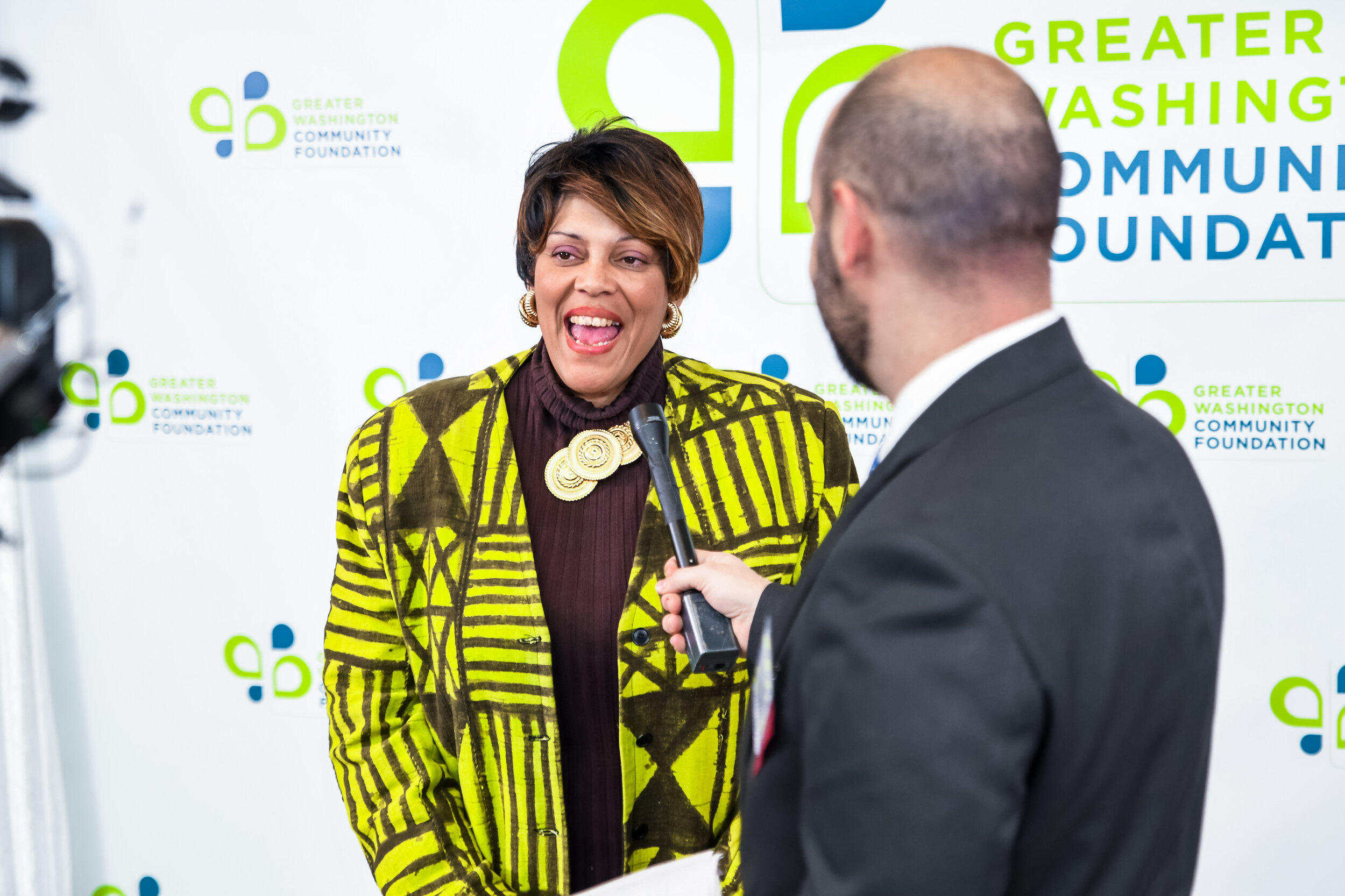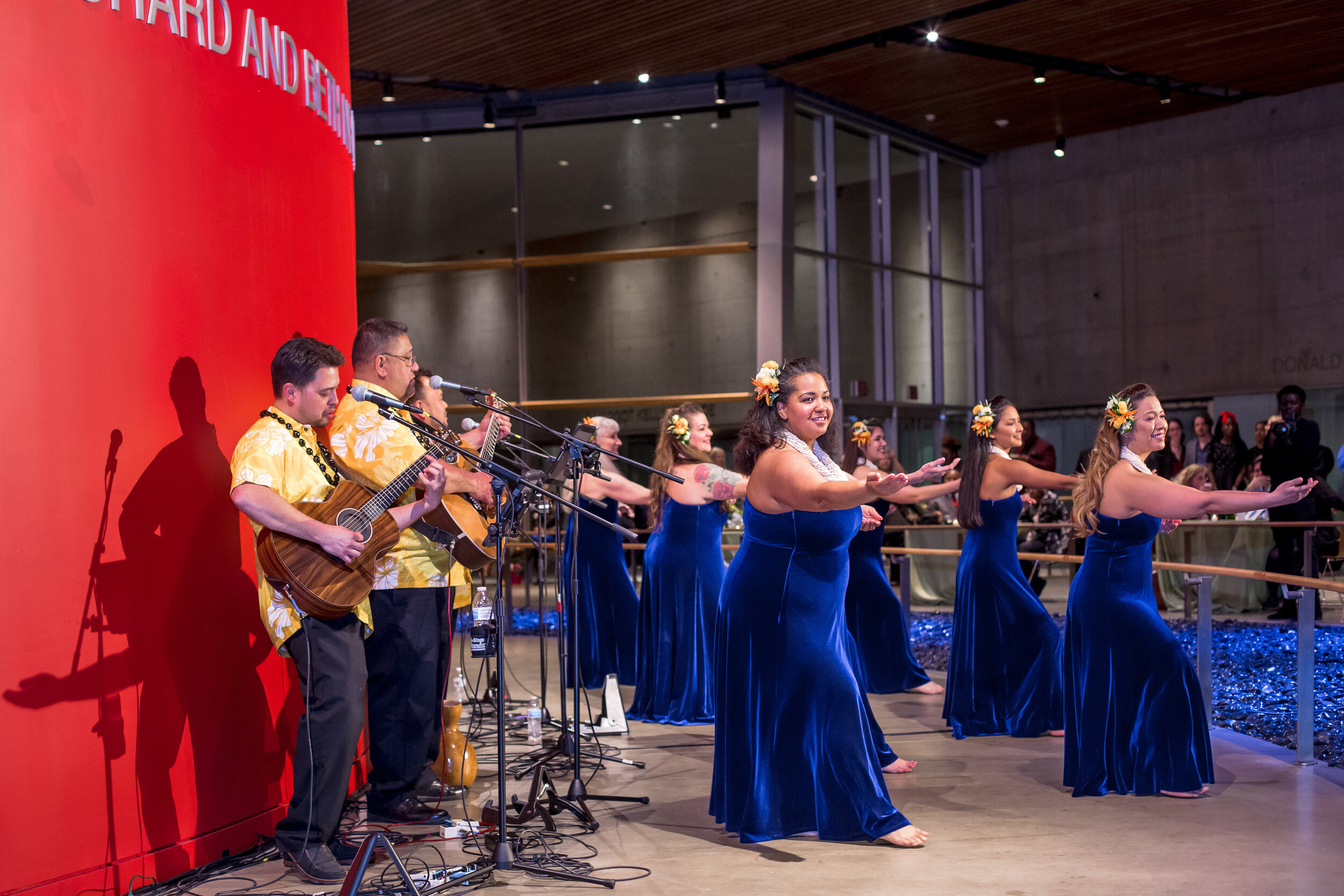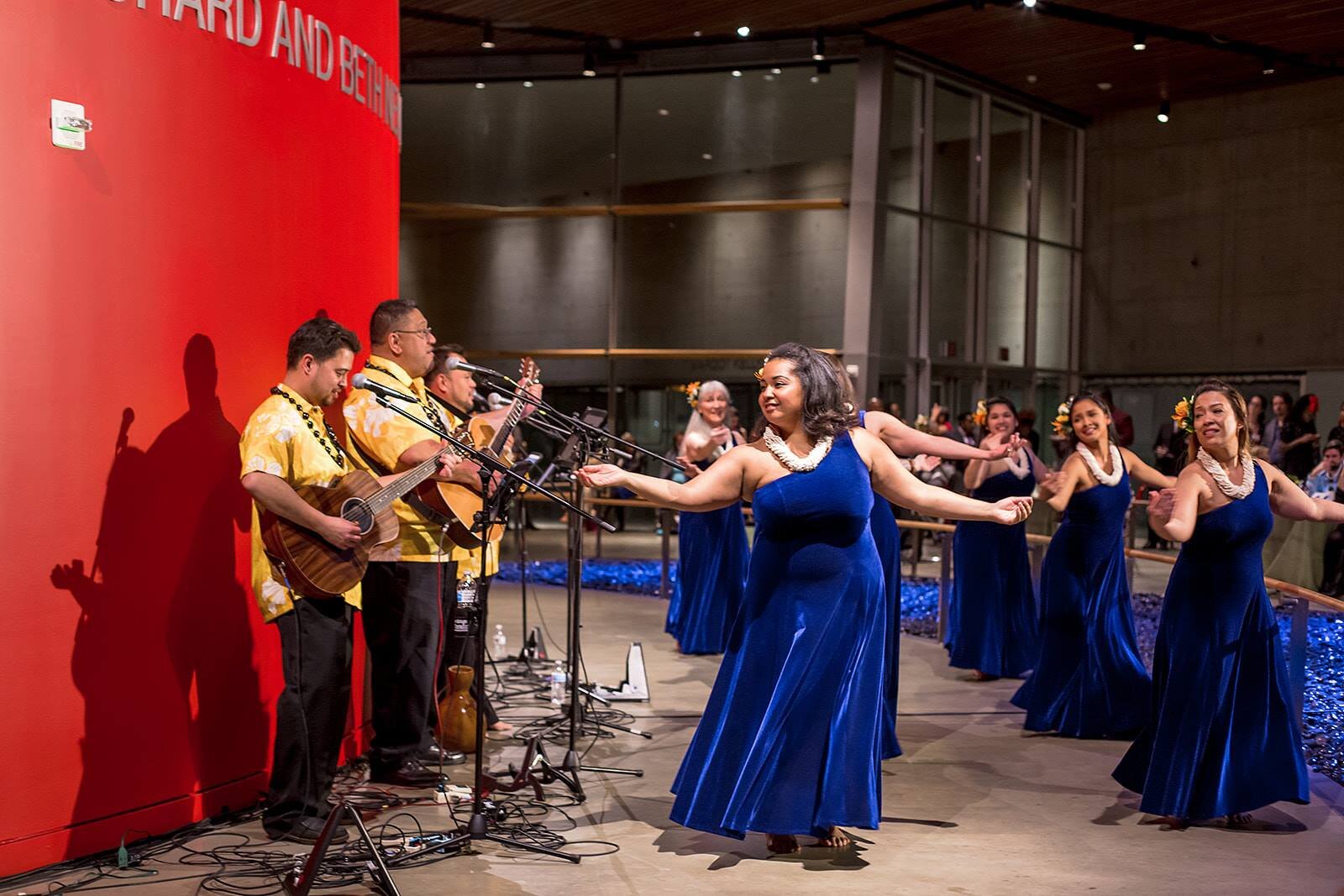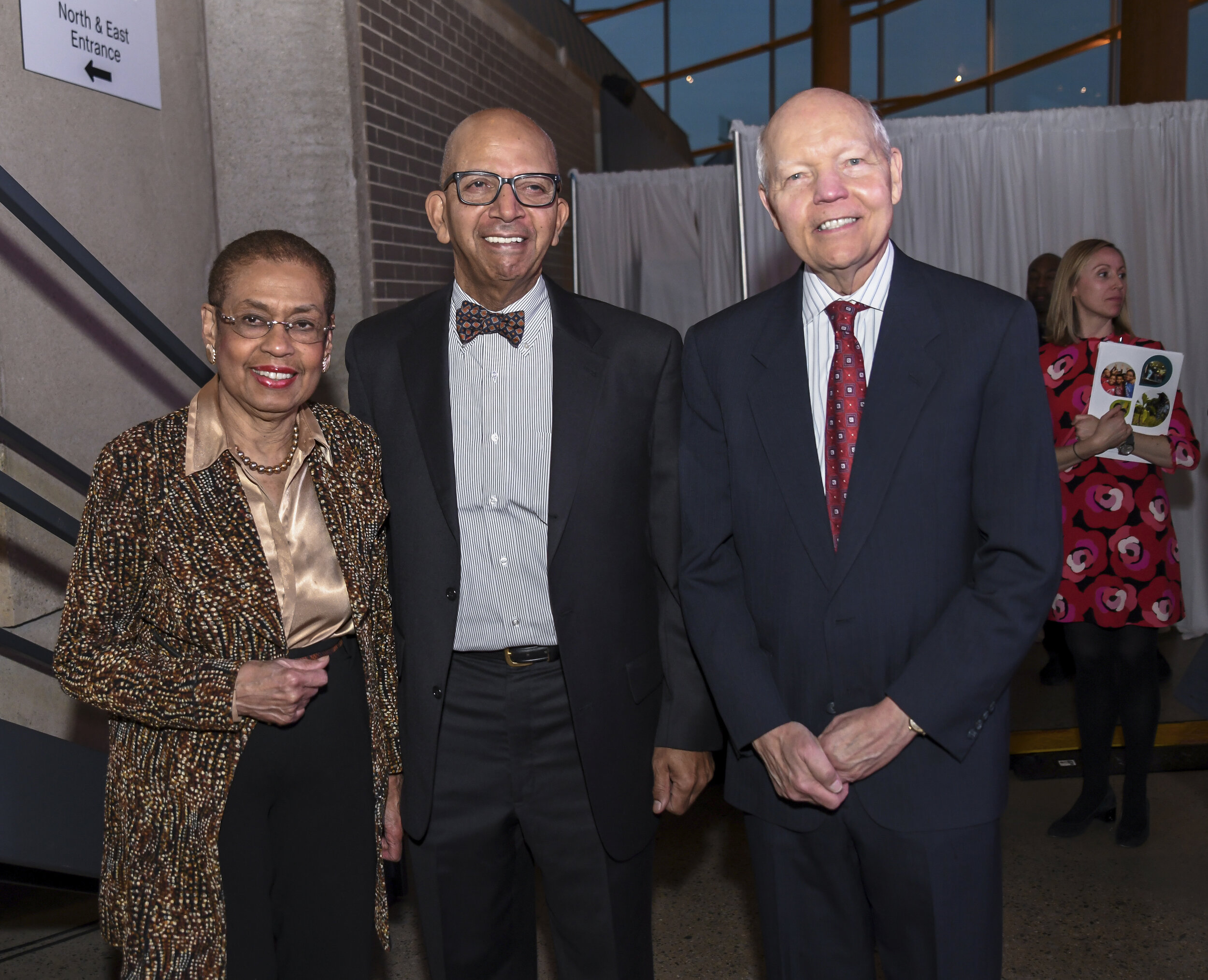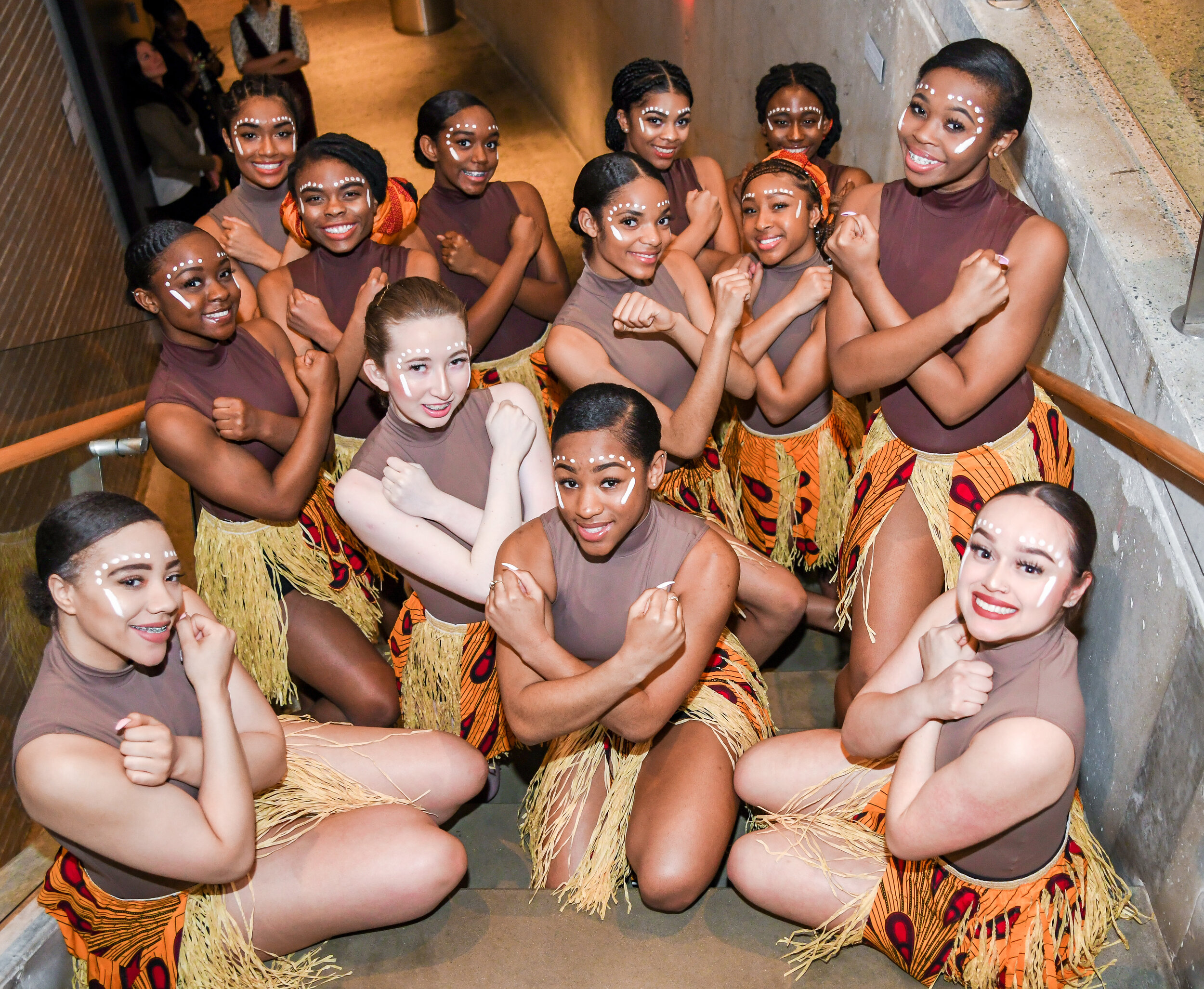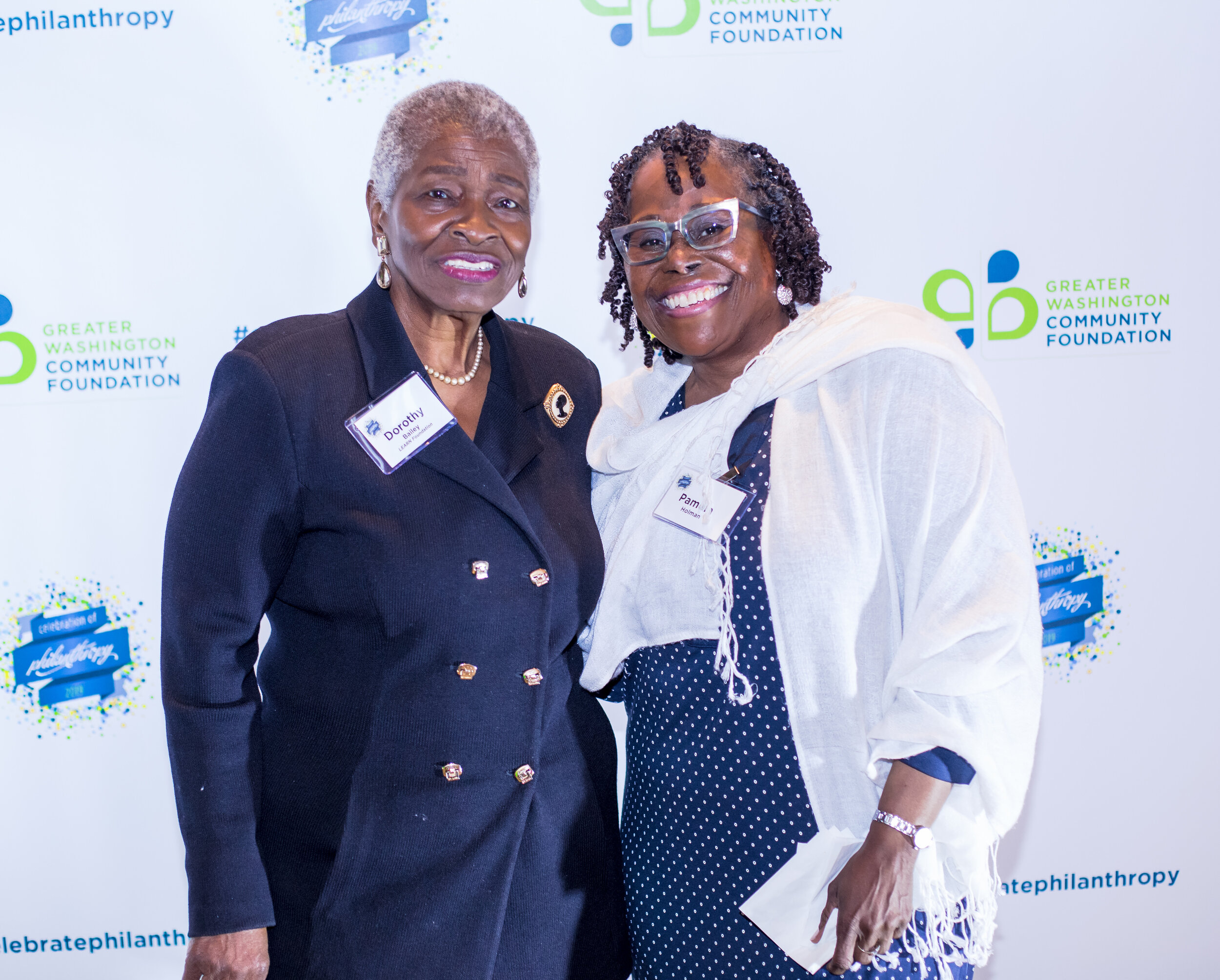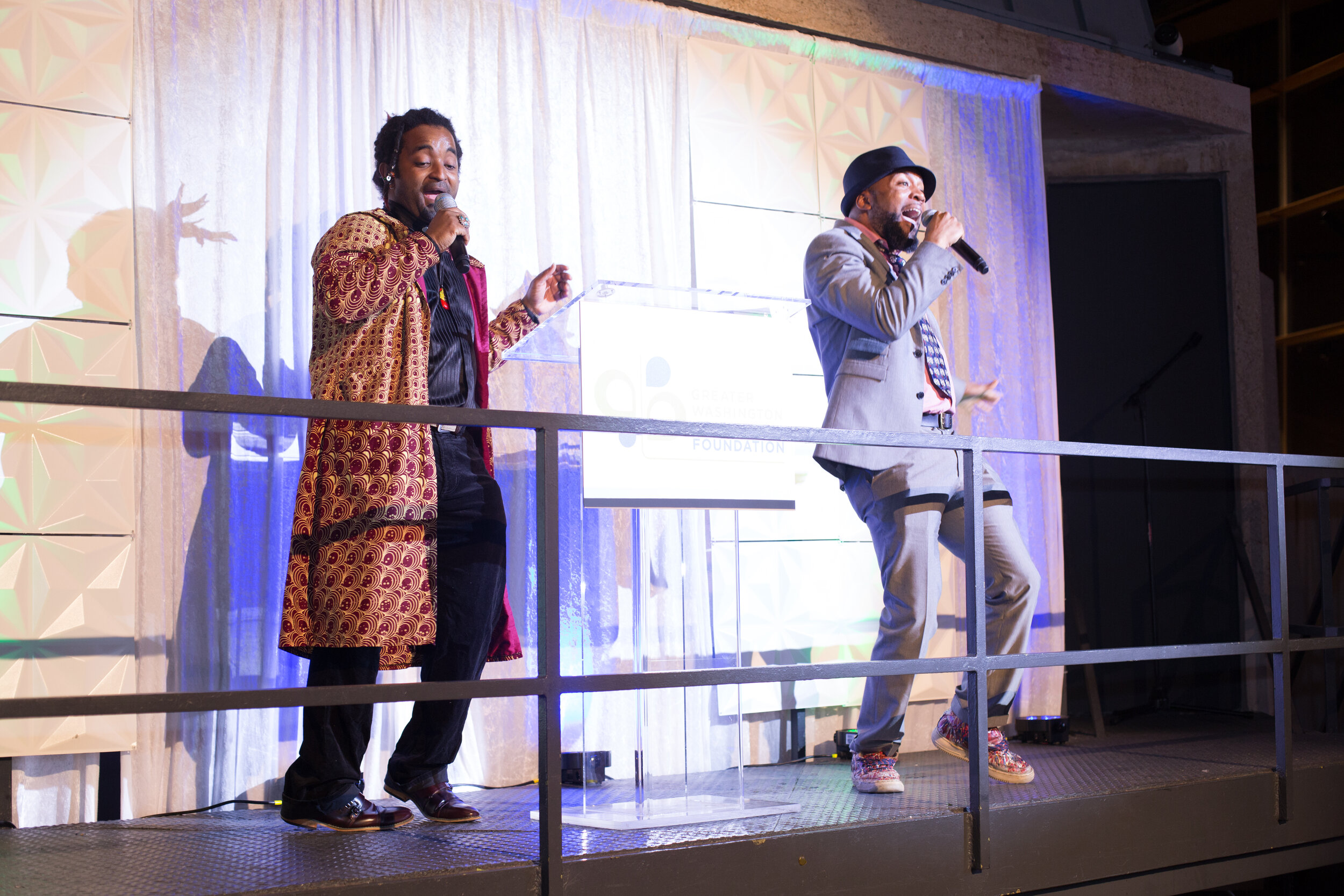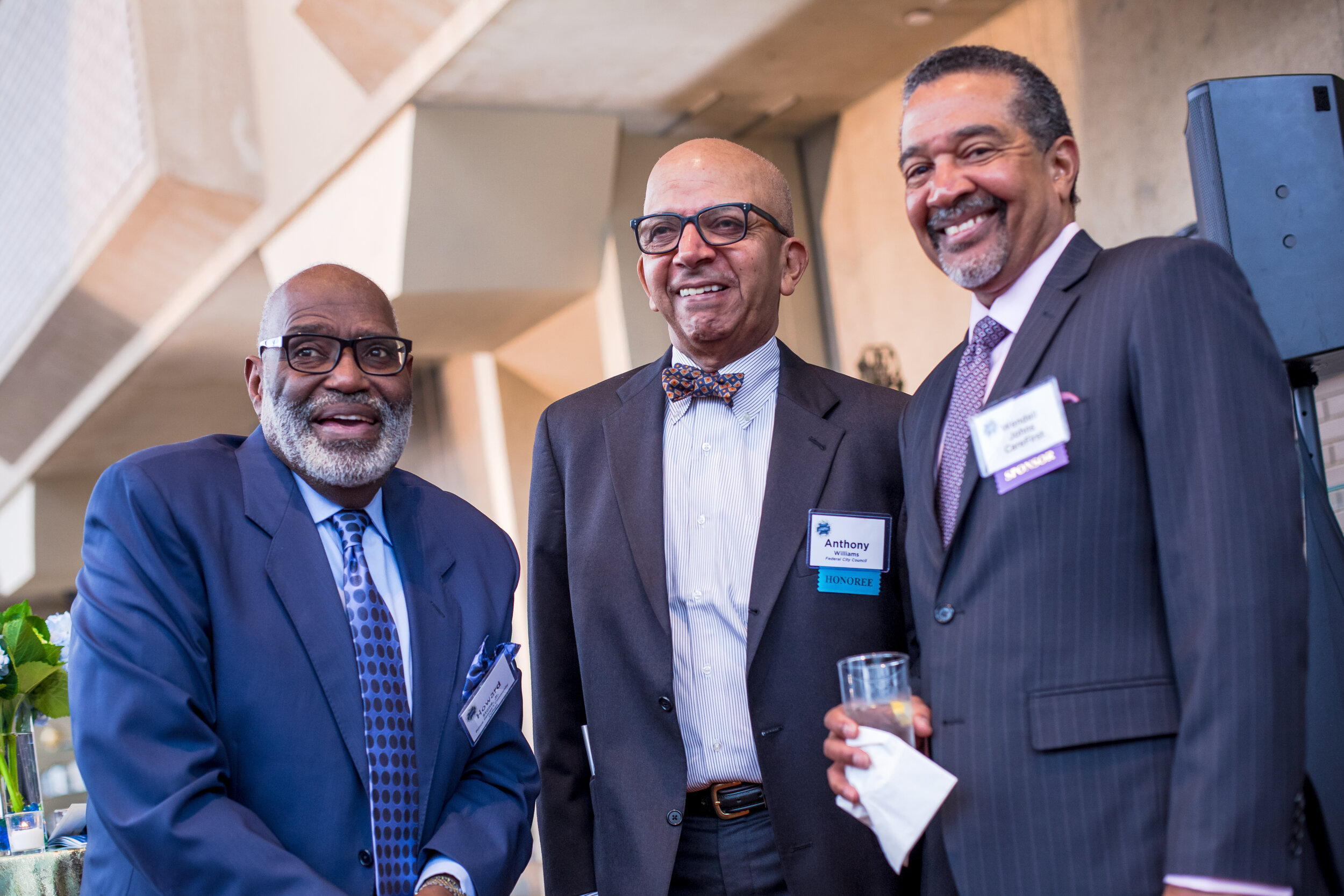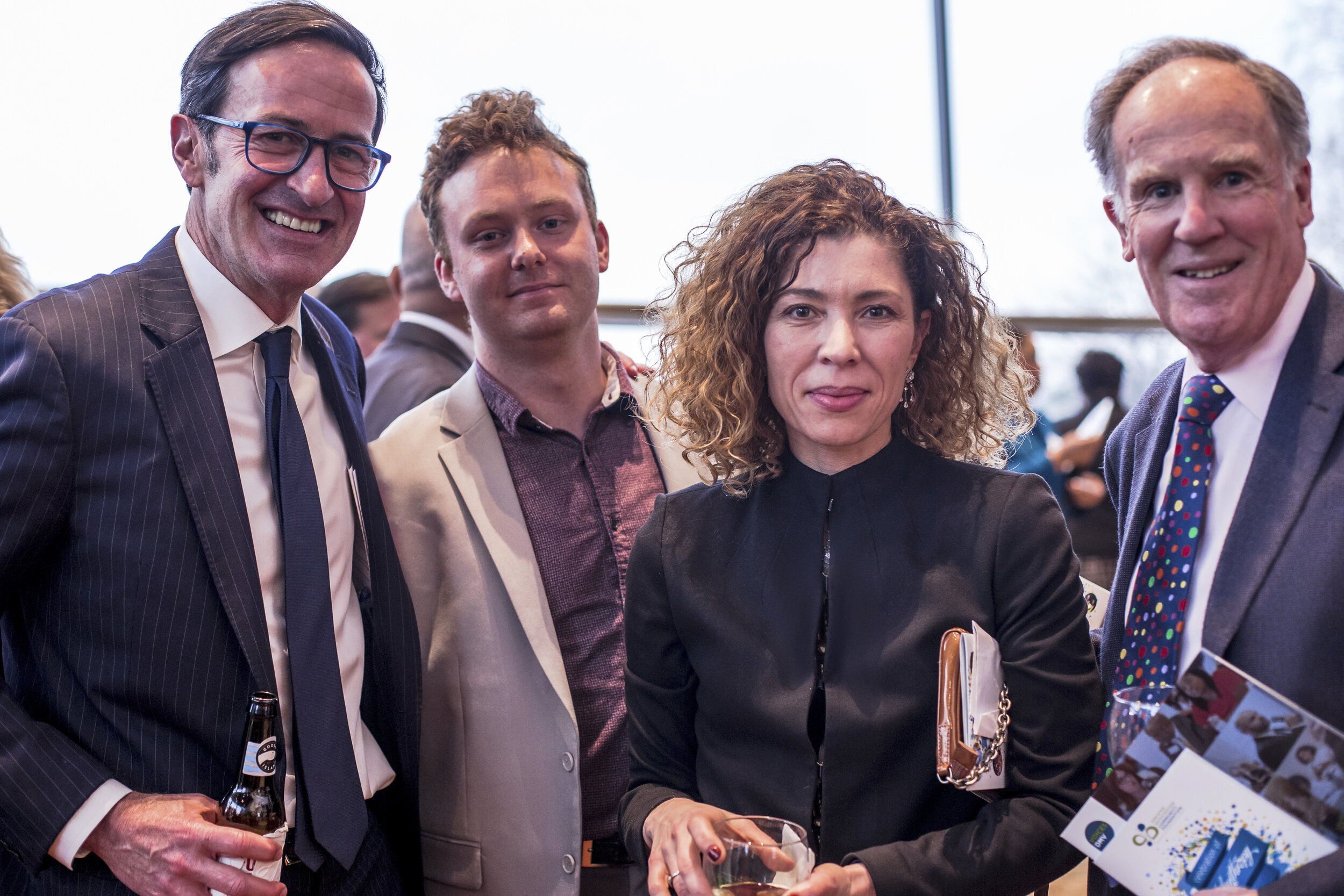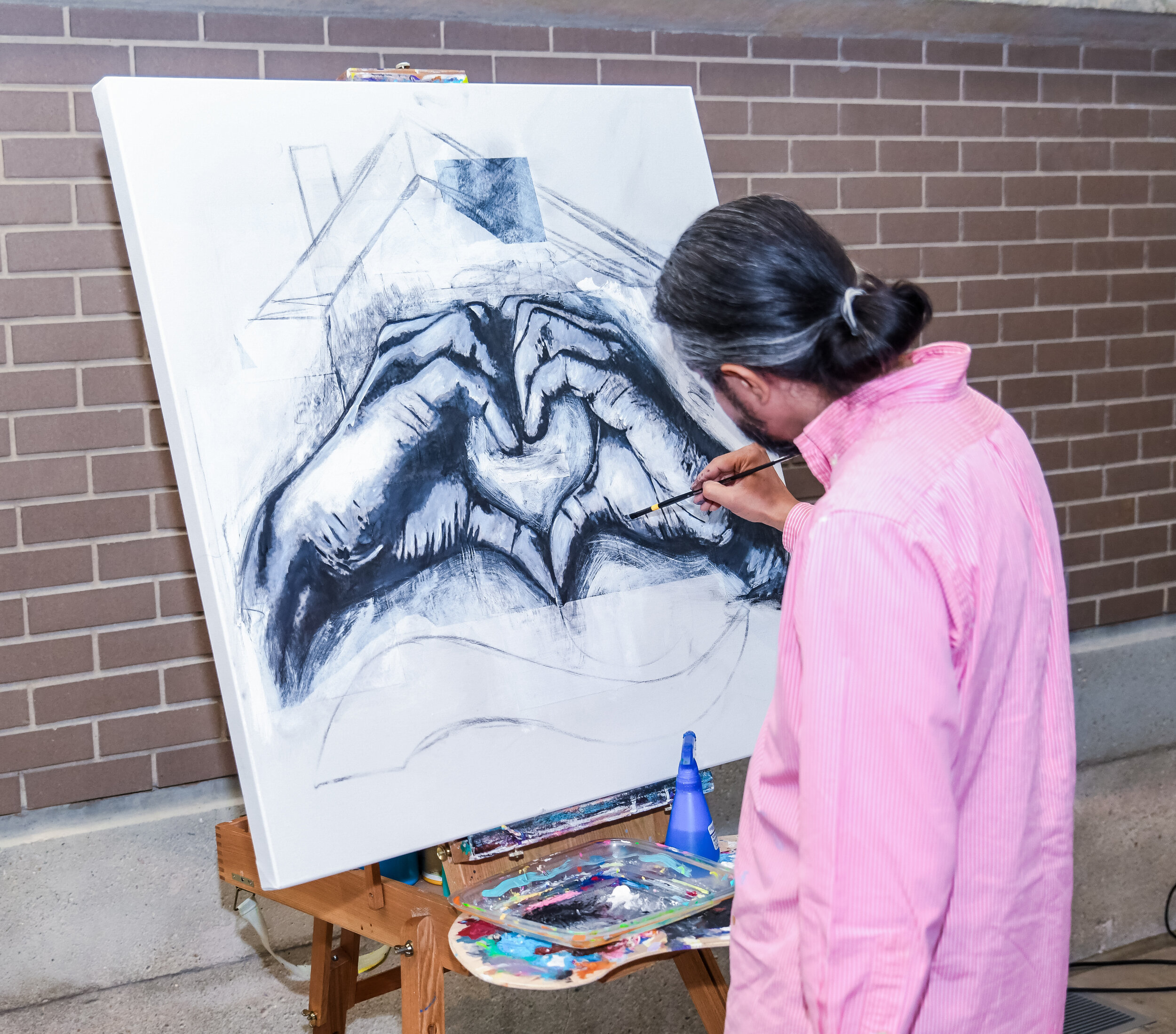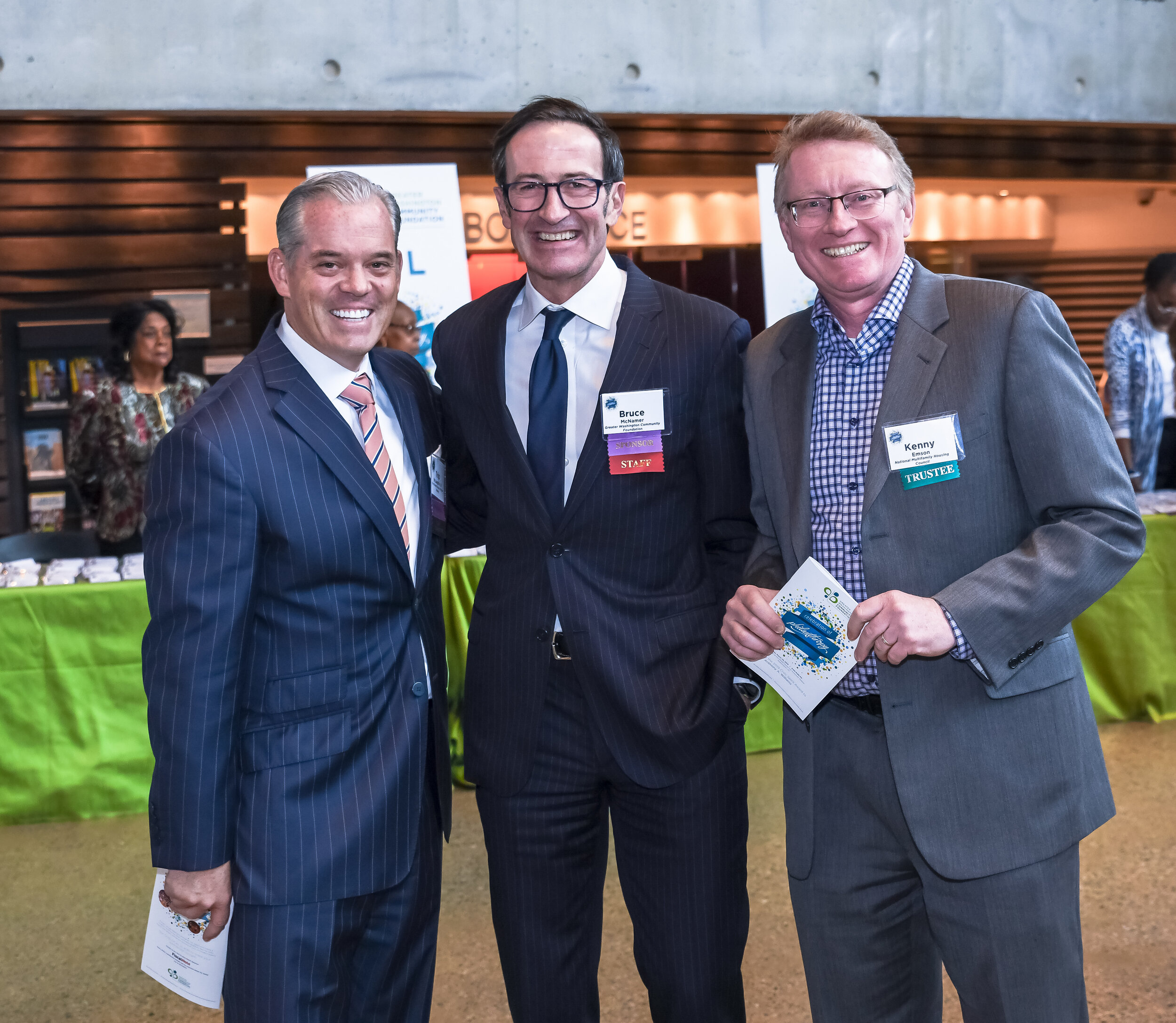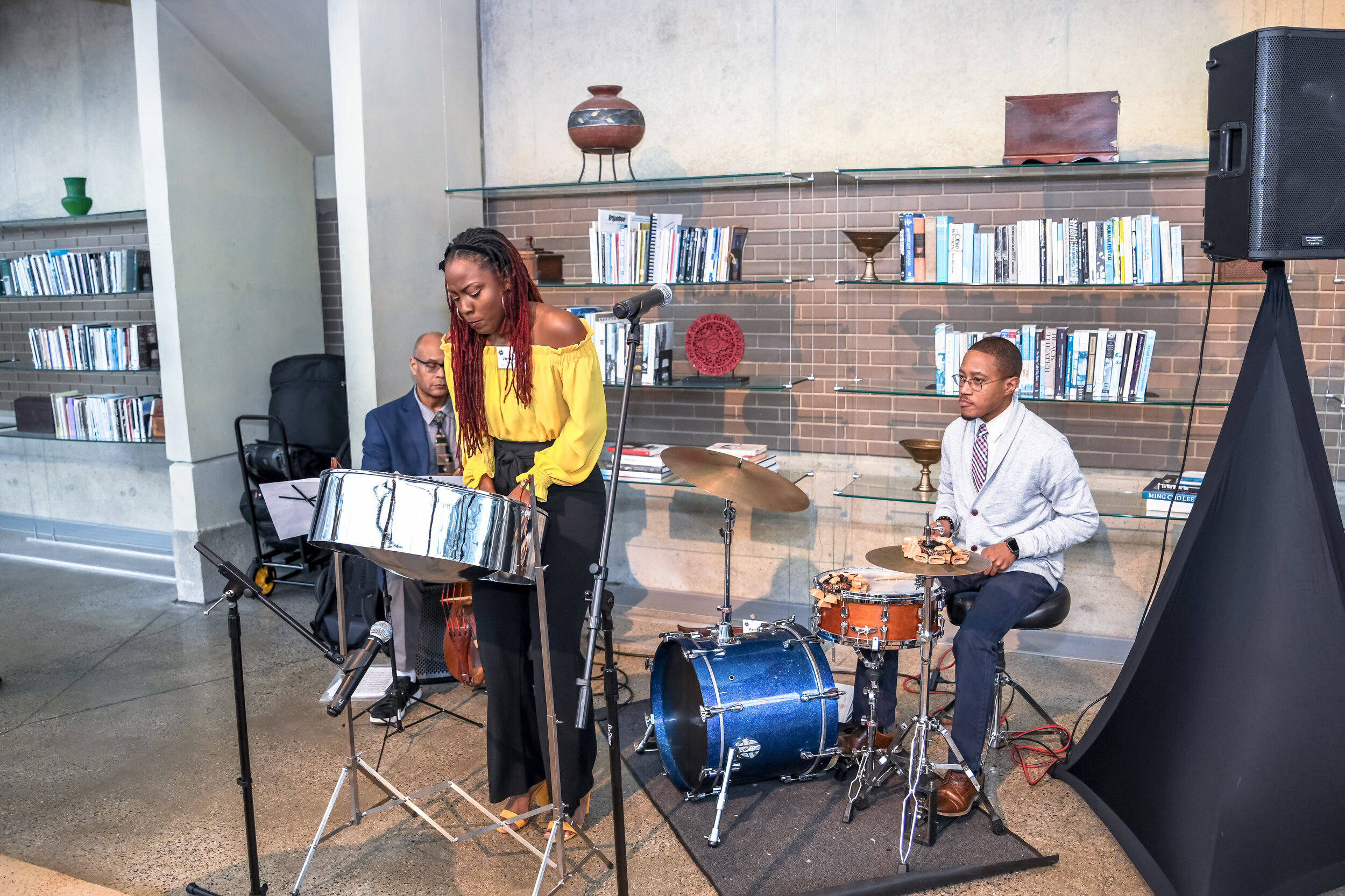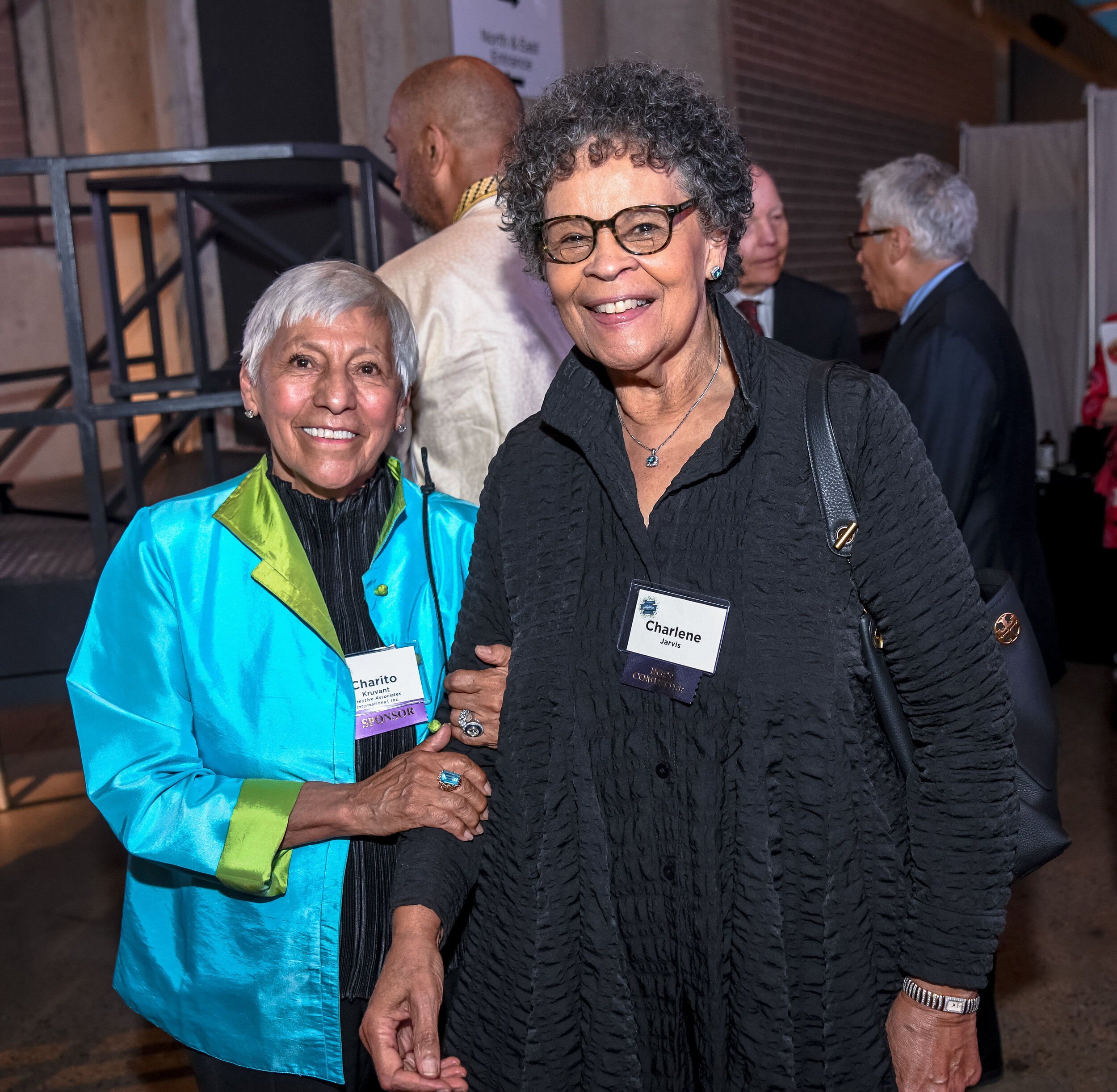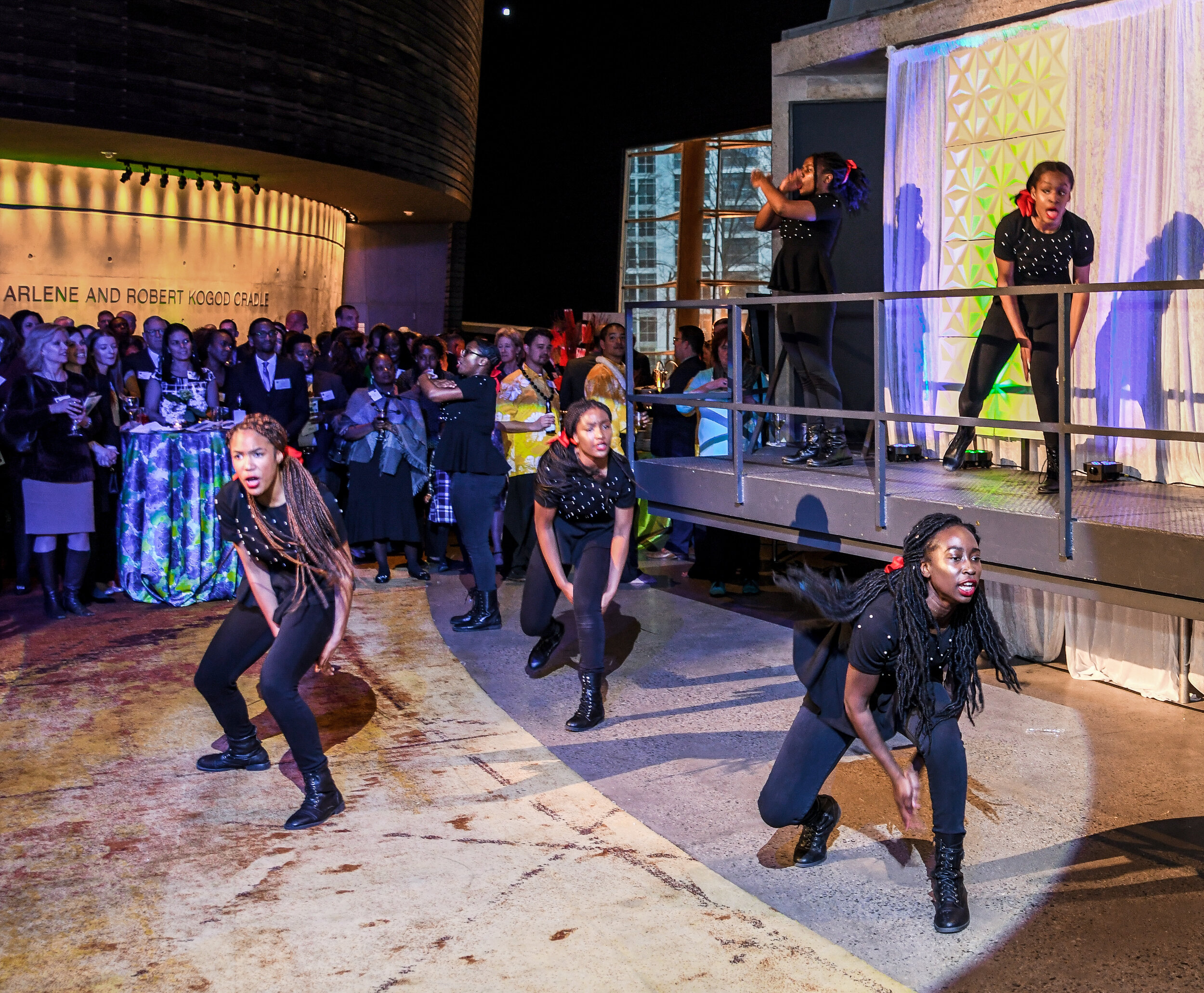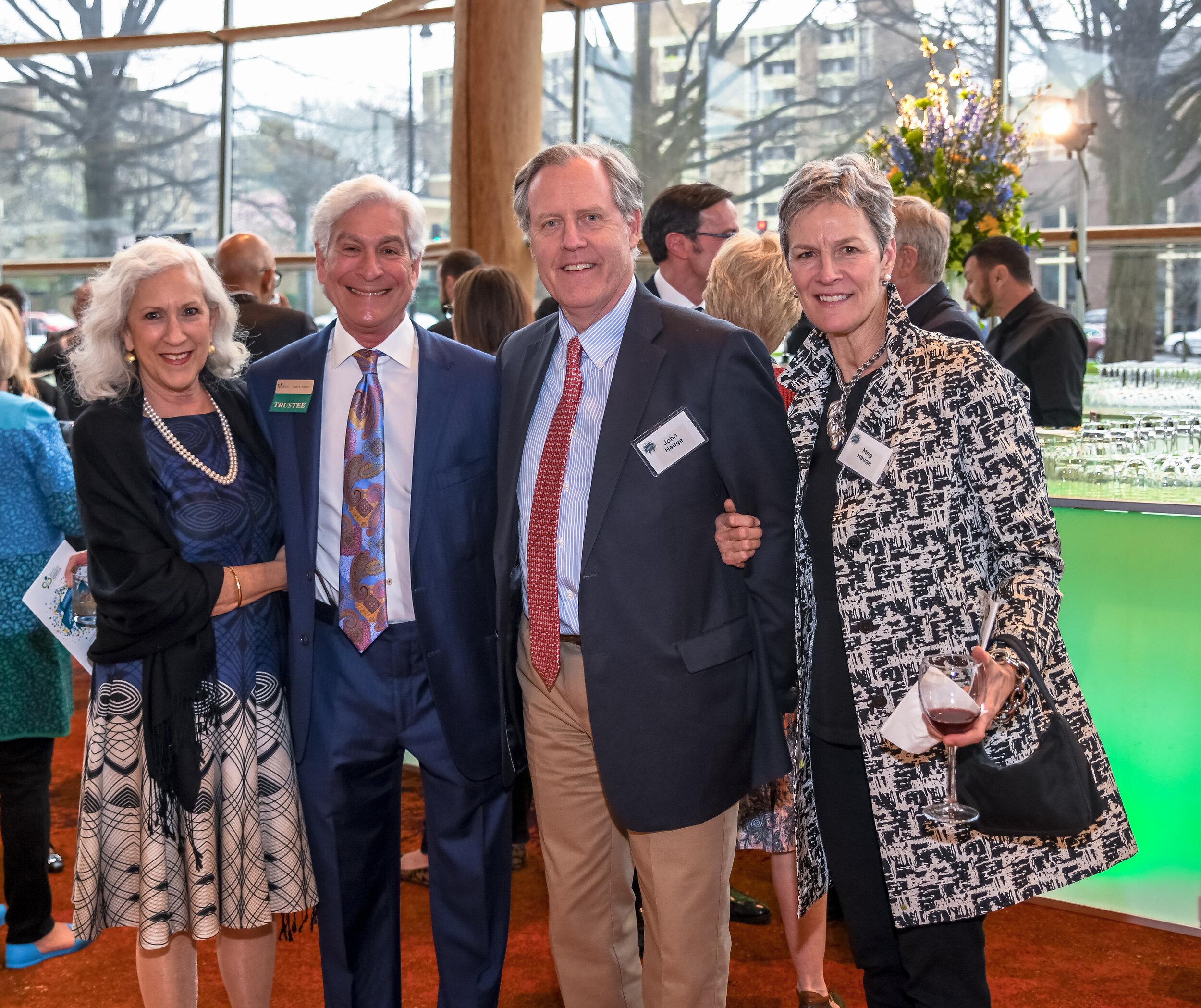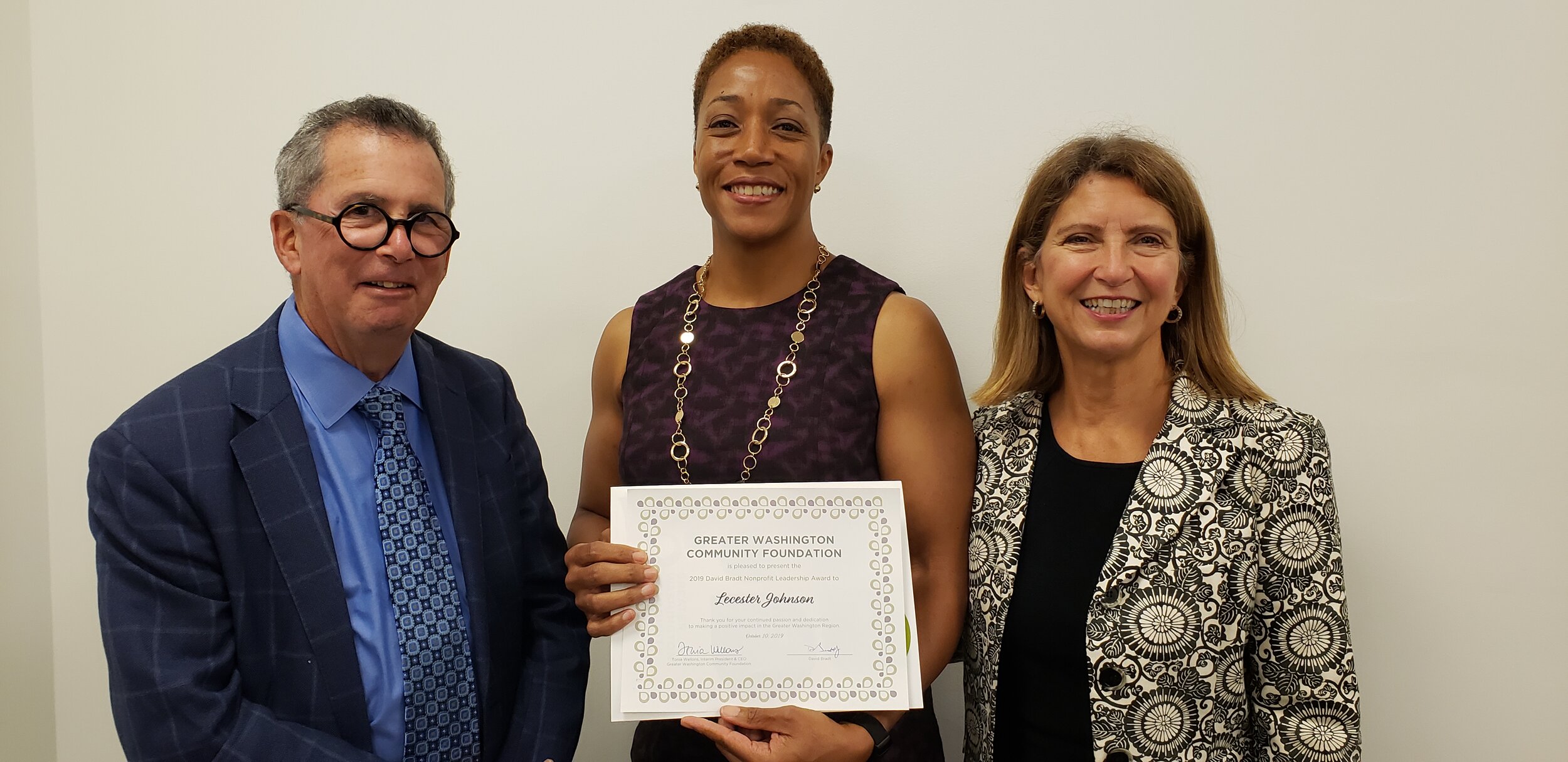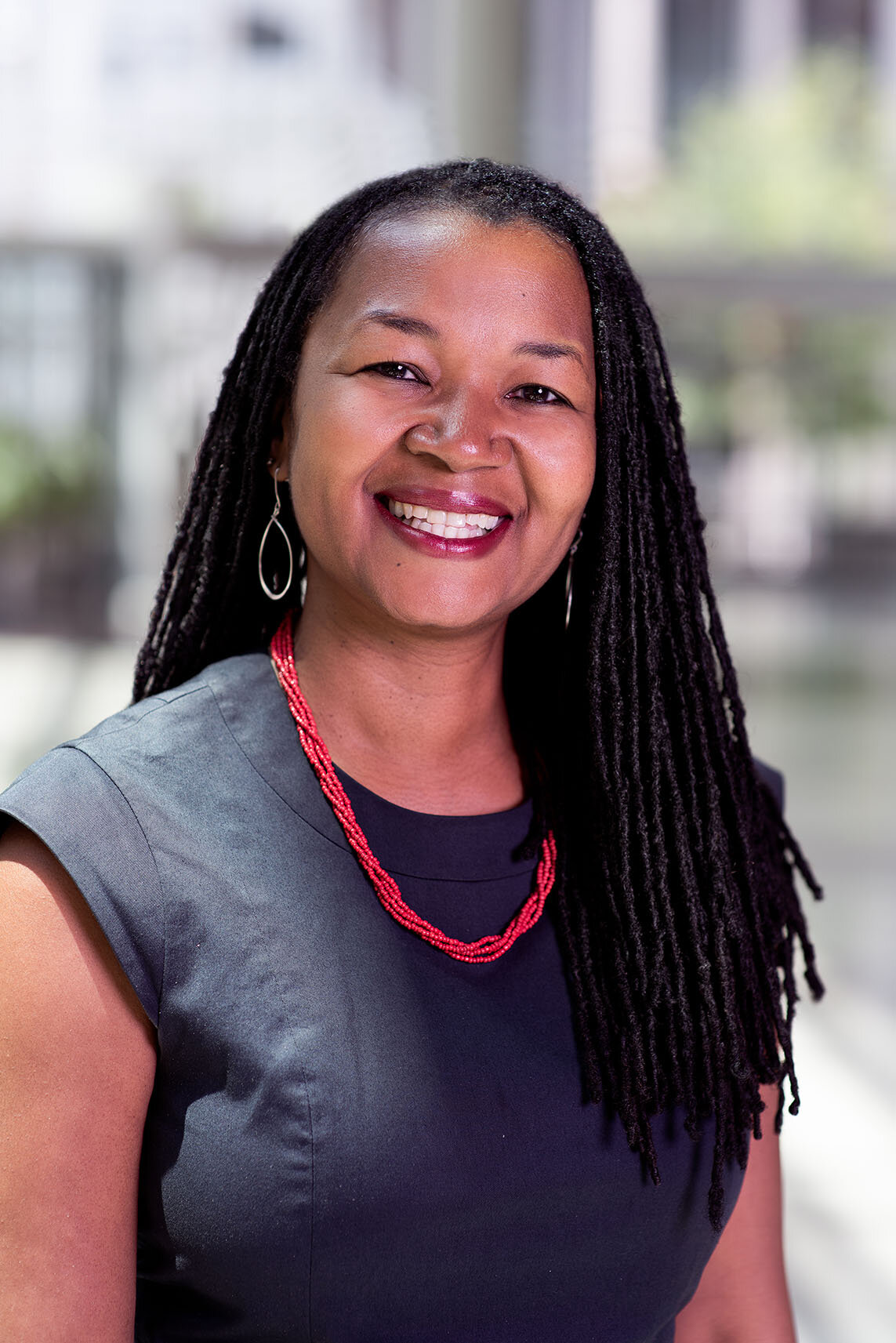By Melen Hagos, Manager, Strategic Initiatives and Partnerships
re·sil·ience
noun
the capacity to recover quickly from difficulties; toughness.
As a child of immigrant parents, I understand the difficult journey all too well. I have family members who have navigated the complex immigration system and subsequently went on to live the 'American Dream.'
In the mid-1980s, my parents came to the United States as refugees from Eritrea, a country in East Africa. At the time, they had three little girls; my other five siblings were born here in the US. My father, a teacher who always emphasized education, made sure all eight of us went to college.
My family, like many other immigrant families, came here to seek a better life. A life in which they can work, raise their children, and provide a path forward for future generations.
This is why I have been so disheartened to see immigration being used to divide our communities and alienate some of our most marginalized neighbors. This has made it more difficult for people, just like me and my family, to build a solid foundation in an already complex world.
You might be wondering what, if anything, can we do about it? It’s easy to feel helpless in times like these, but I choose to find hope in the resiliency of our community, especially when caring people come together to help each other out.
It was this vision for resiliency and neighbors helping neighbors that led to the launch of the Resilience Fund in 2017. The Resilience Fund was created by The Community Foundation in partnership with the Meyer Foundation and several donors who were concerned about how federal policy changes and the increasing climate of hate and intolerance would impact our local community.
Over the last three years, we’ve supported nonprofits on the front lines of responding to policy shifts that have had detrimental and, in some cases, long-lasting impact on our local community. Thanks to our dedicated Steering Committee of both individual and institutional donors, we have provided 38 organizations with nearly $1 million in emergency grants to respond to shifts in immigration policy, provided training on legal and civil rights, expanded access to citizenship and democracy, and lead efforts to build community cohesion.
To date, the Fund has raised over $1.3 million dollars and leveraged nearly $700,000 to support nonprofits in the region. And, has served as a mechanism to mobilize compassionate community members to get involved by providing support (gifts ranging in size from $10 to $50,000!) to help our neighbors facing hardship due to the 2019 partial government shutdown.
It wasn’t easy when my family arrived 33 years ago. My parents had to learn a new language and culture, and leave their old lives behind. I haven’t heard them talk about the kind of difficulties I see immigrants facing today, though. We weren’t turned away from communities in the same spirit I see happening today.
For me, this is one of the greatest goods the Resilience Fund offers. I do feel a culture of intolerance and hate directed towards immigrants and people of color, that has reached new depths. We are living in a time that has become so divisive, where dinnertime conversations or friendships can go awry due to differing political views, and where people choose not to vote because they feel like it won’t matter. The Fund can be an opportunity to educate ourselves, and others, on these challenges, and the work that needs to be done to overcome them.
To be most effective, though, we need to hear from you.
What are the most derisive issues impacting our community? Are there ways we can ease policy shifts that are adversely impacting immigrants? As a local nonprofit, you can help inform the conversation by posing ways to address these challenges.
If you have an idea or solution to help our neighbors build resilience or how we can affect change through the Resilience Fund, submit a proposal through our Call for Ideas, by 4 p.m. on March 9. Proposals will be reviewed by the Steering Committee in March and April 2020.
Going forward, we will continue to host open funding rounds, to empower our nonprofit partners to help us identify the most critical issues facing our community. We want to change the narrative by offering resources to affect real change.
Today, my family is settled in Arlington, Virginia. The journey of an immigrant isn’t an easy one—but, with dedication and community support, it doesn’t have to be so difficult. I hope you’ll join me in helping support other’s journeys.
_______________________________________________________________
The Resilience Fund welcomes new donors who are interested in serving on the Steering Committee which advises on grant decisions and future fund priorities. If you are interested in joining, please reach out to Melen Hagos at [email protected].




